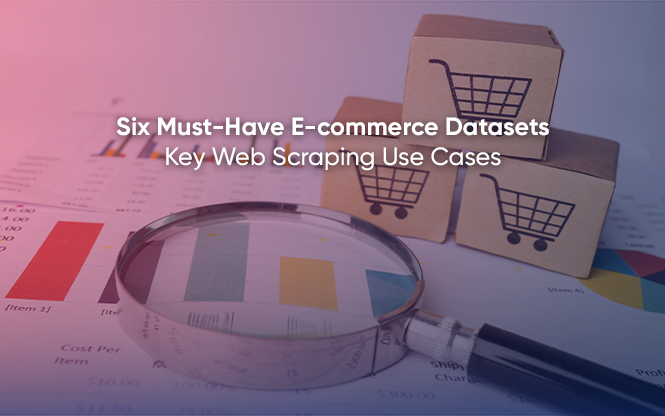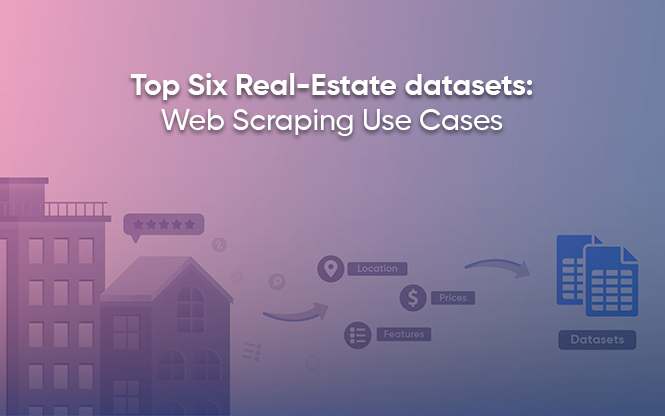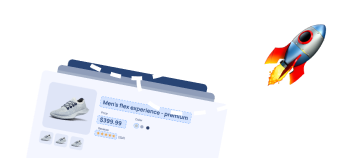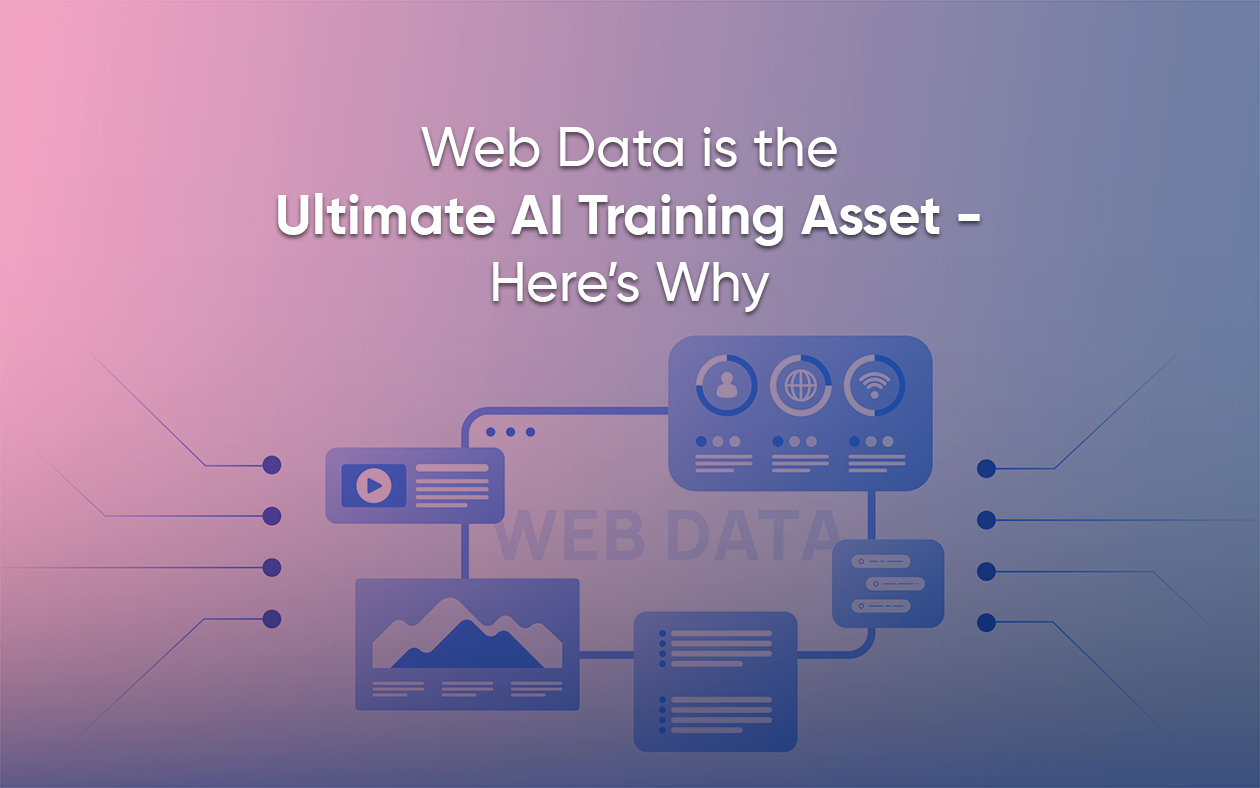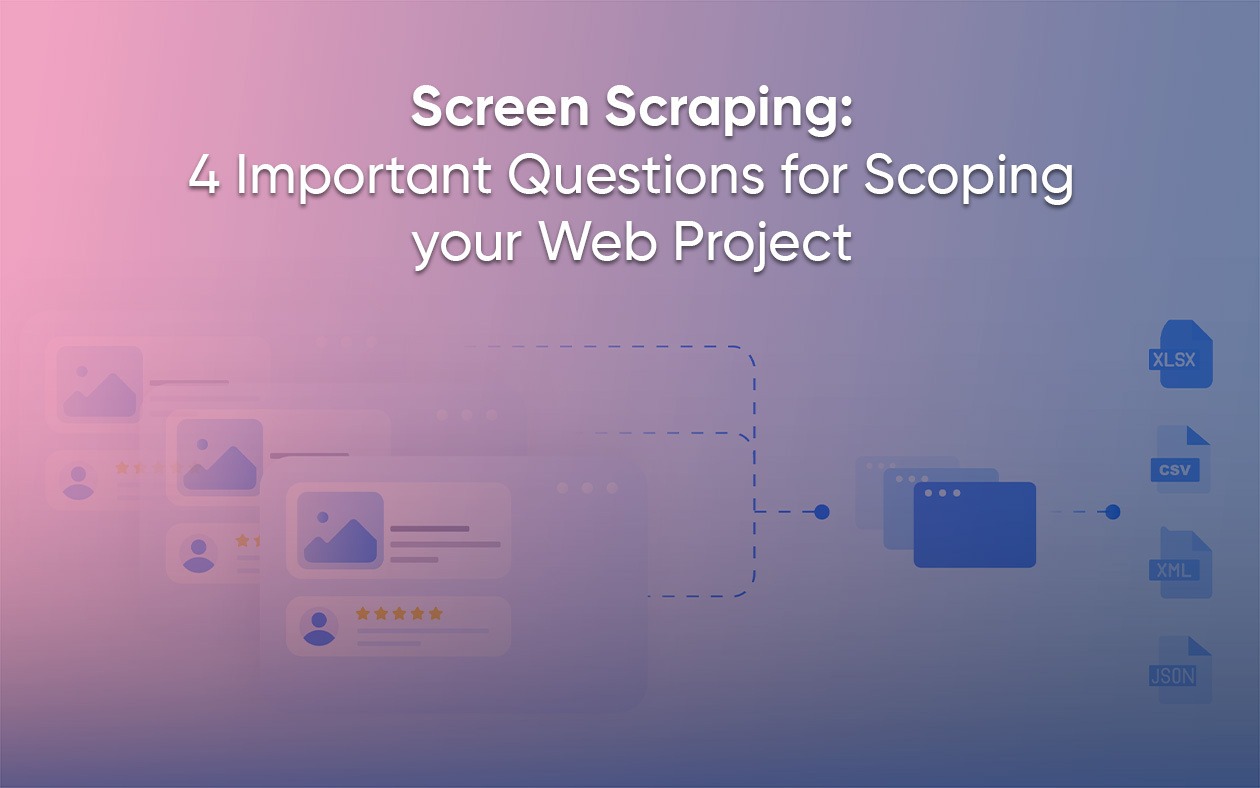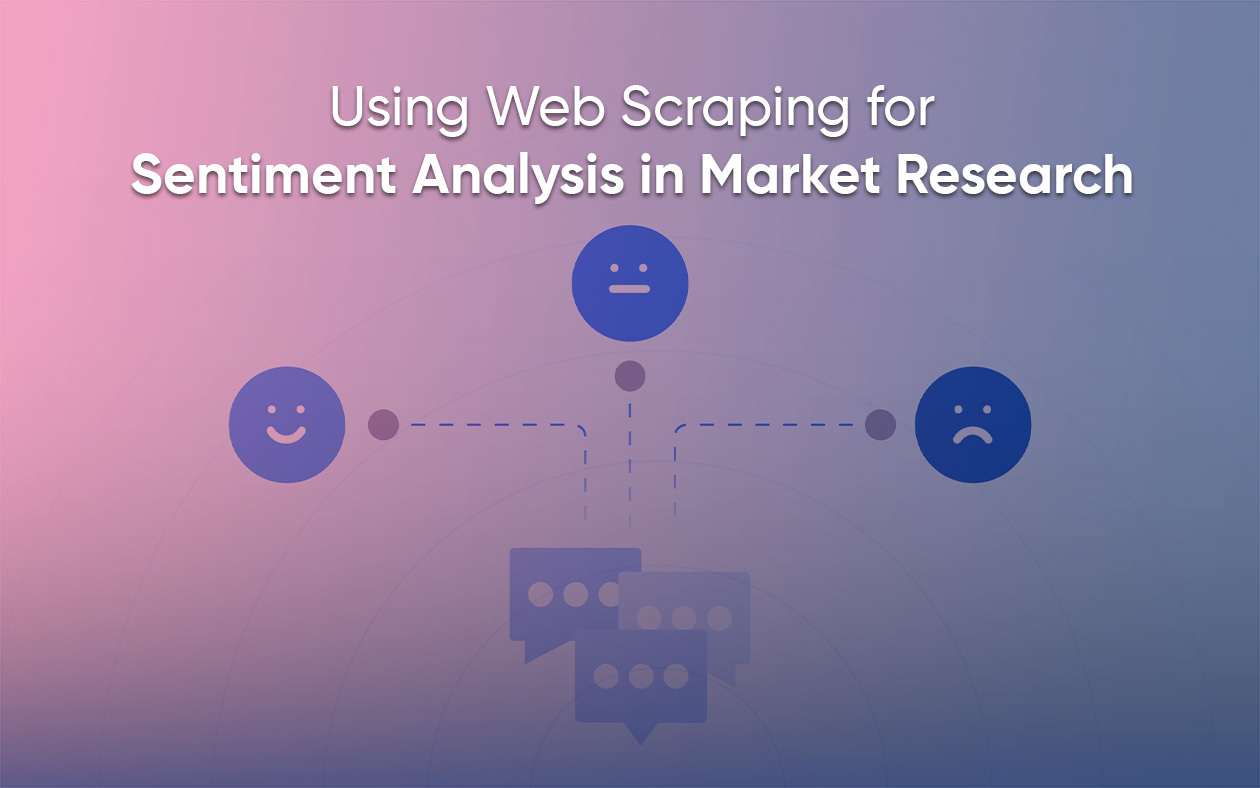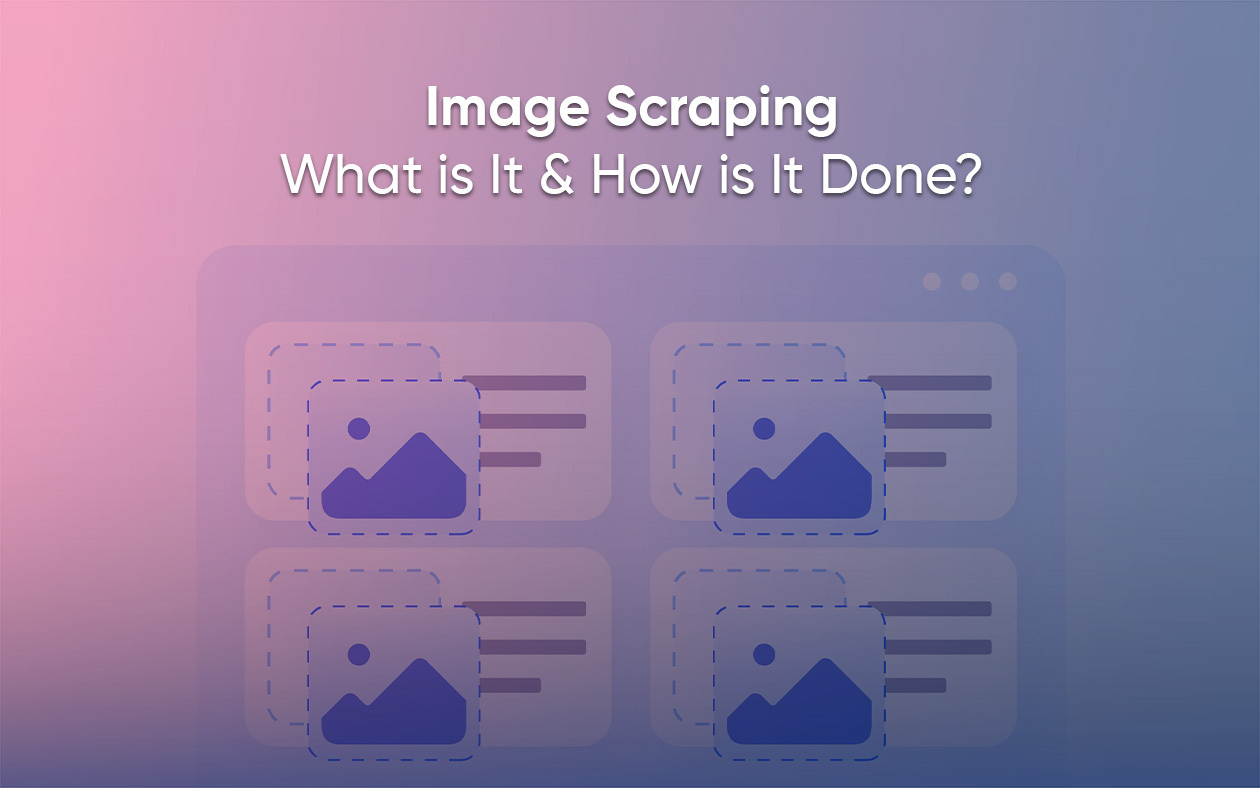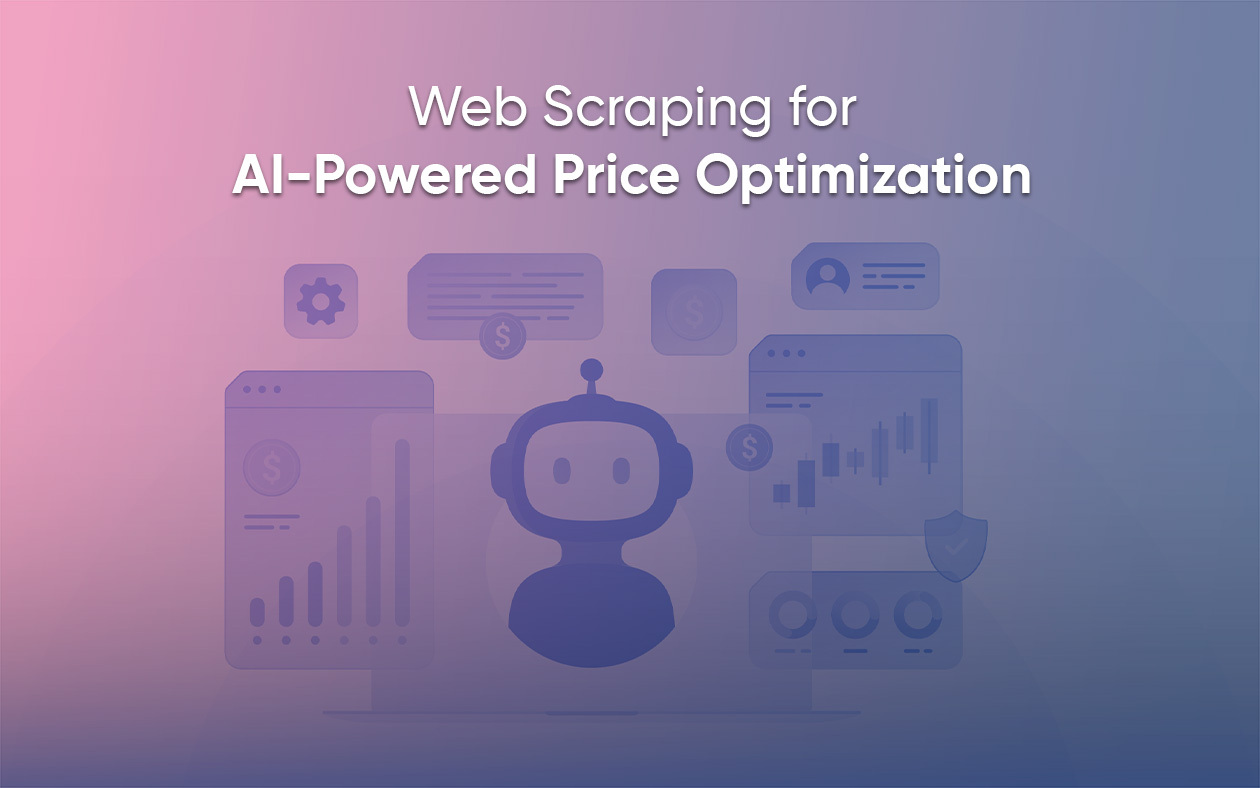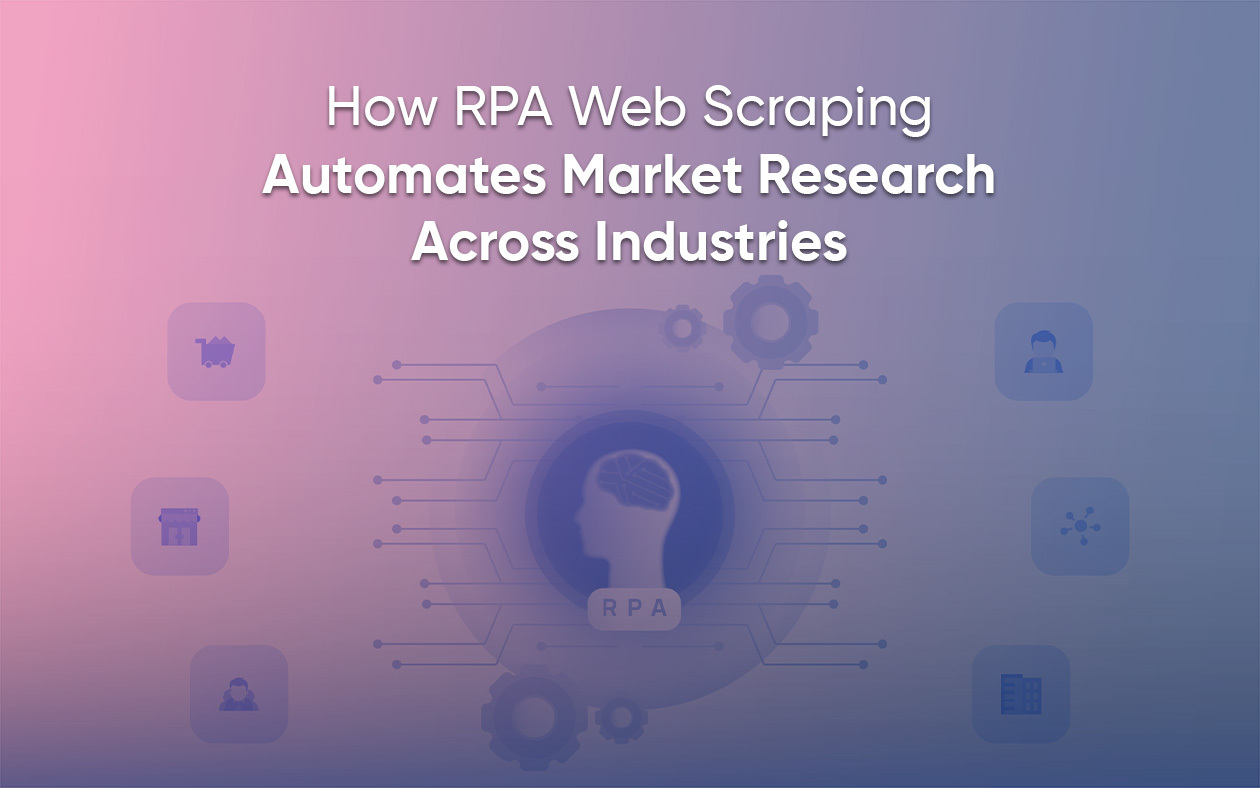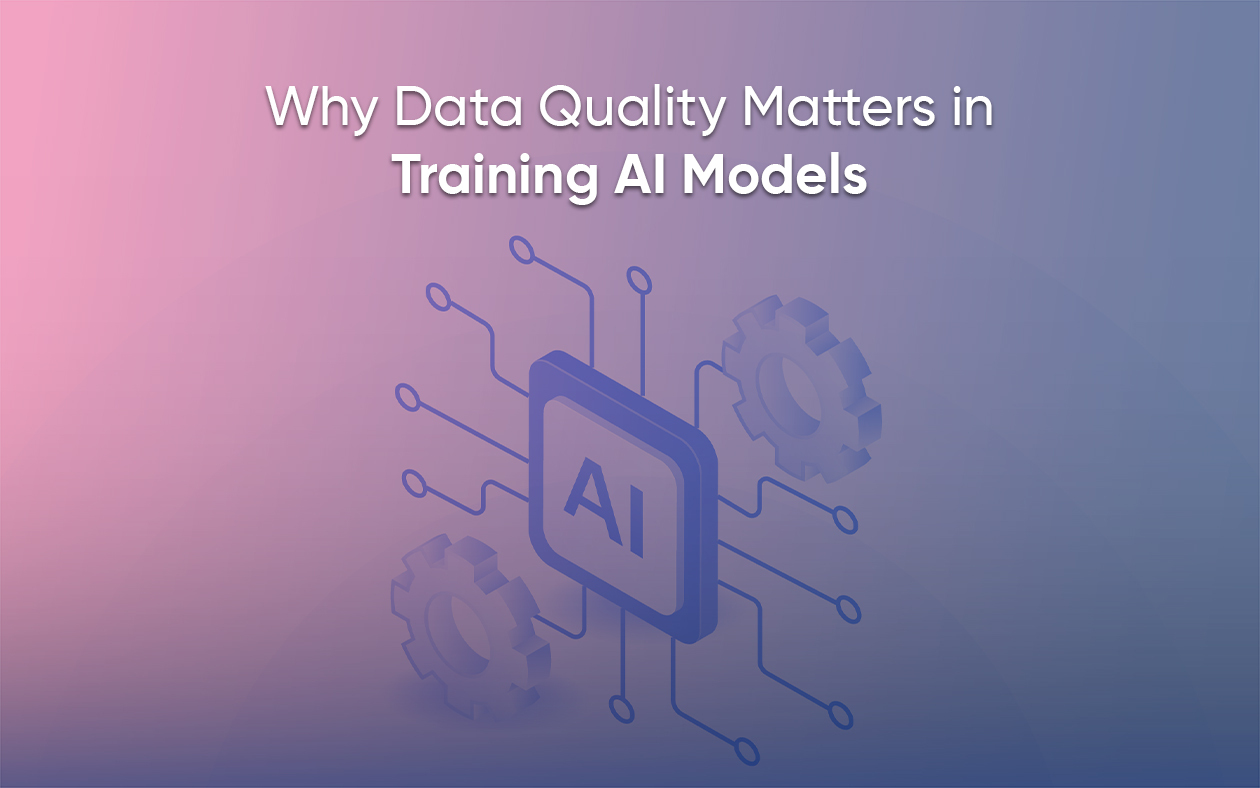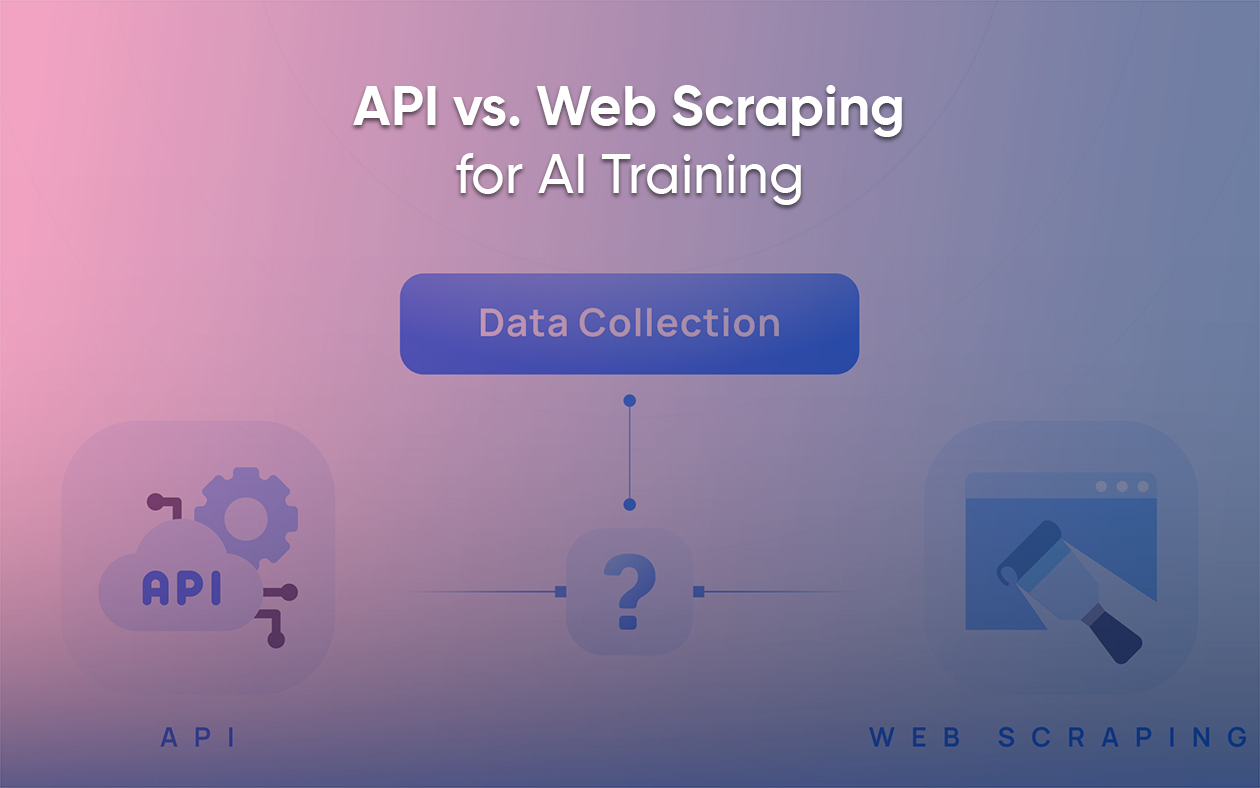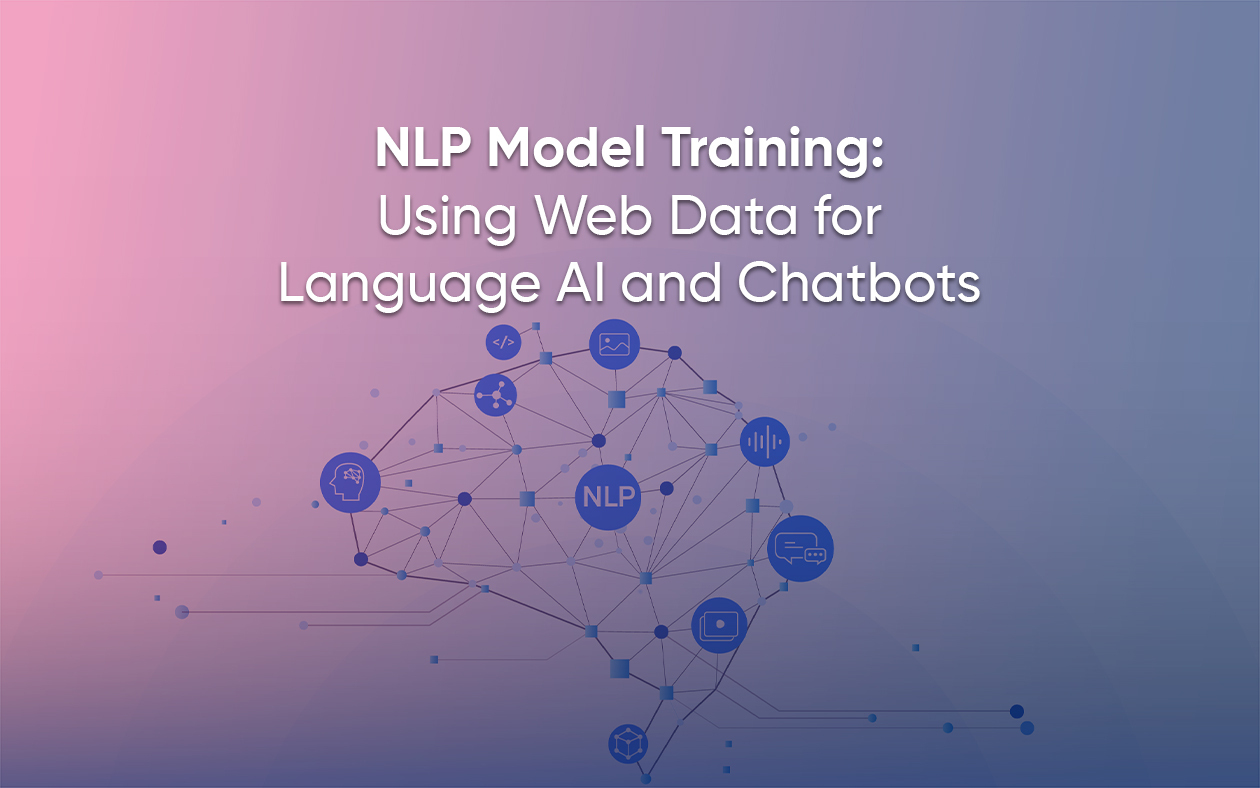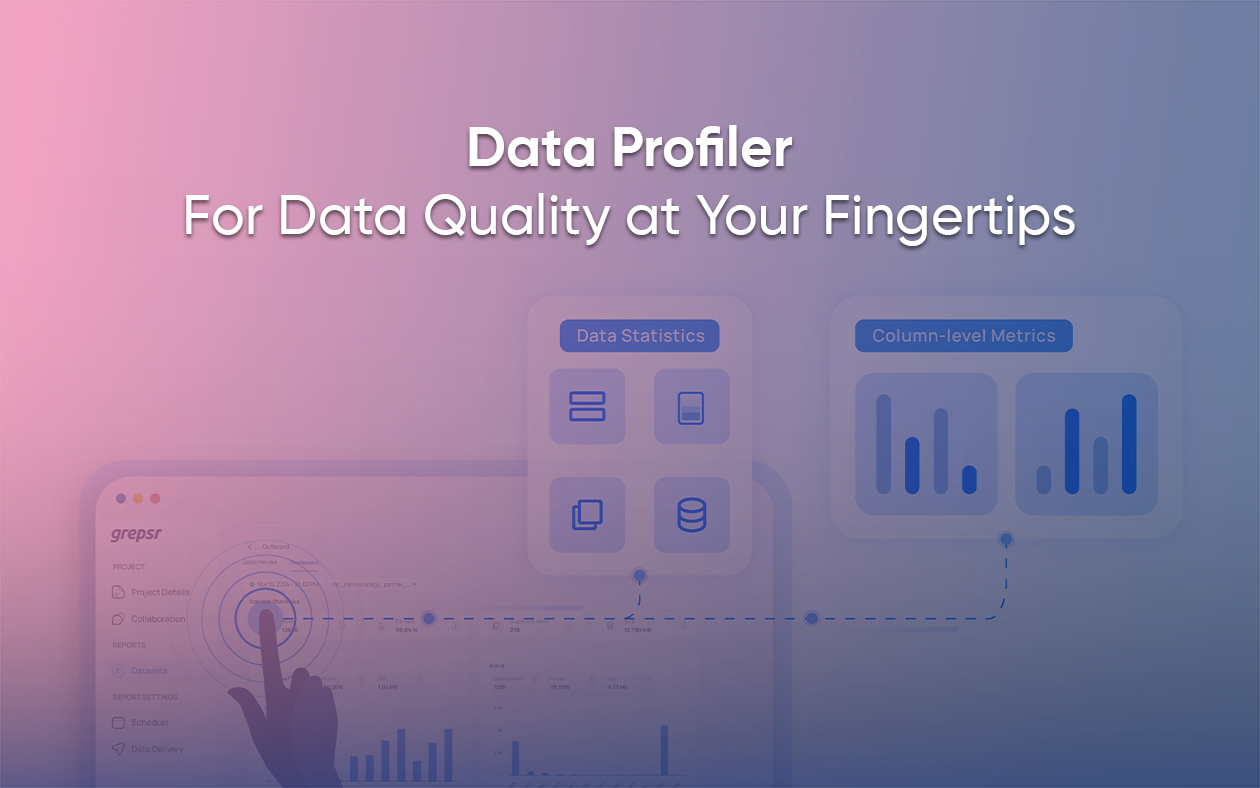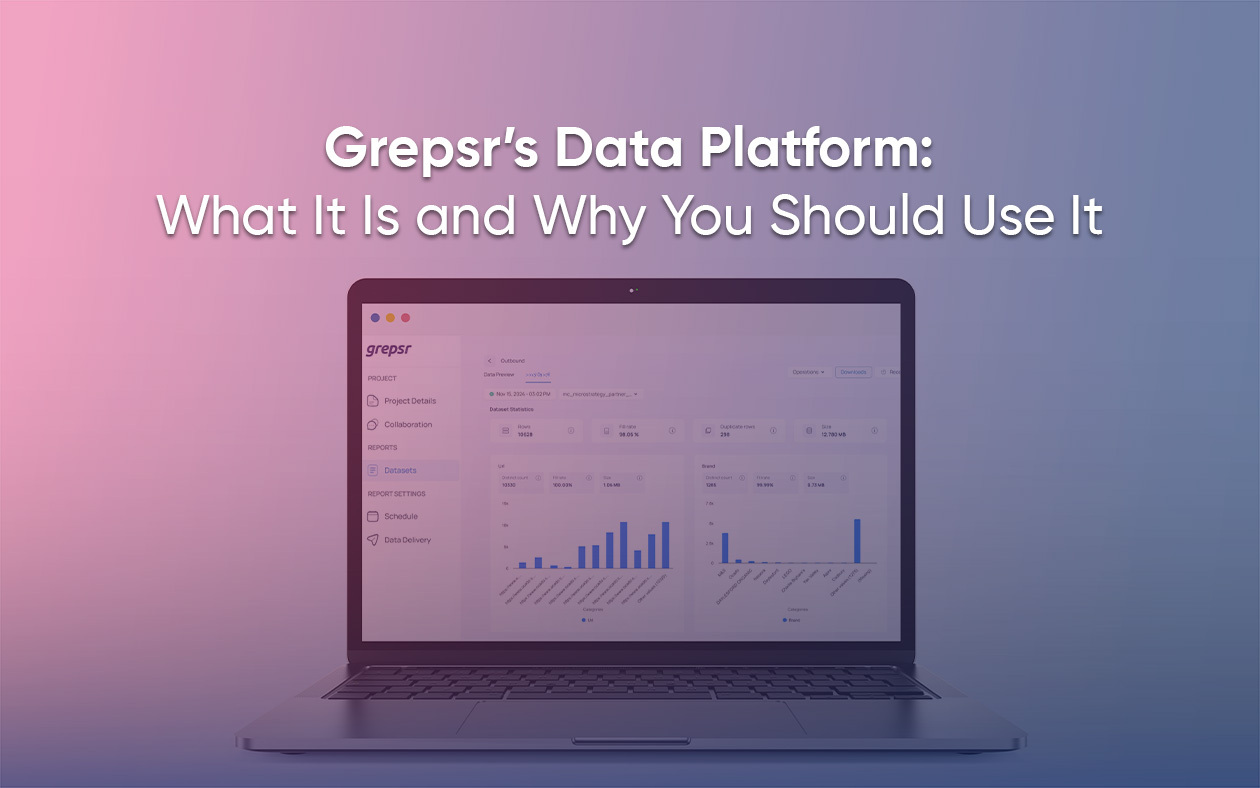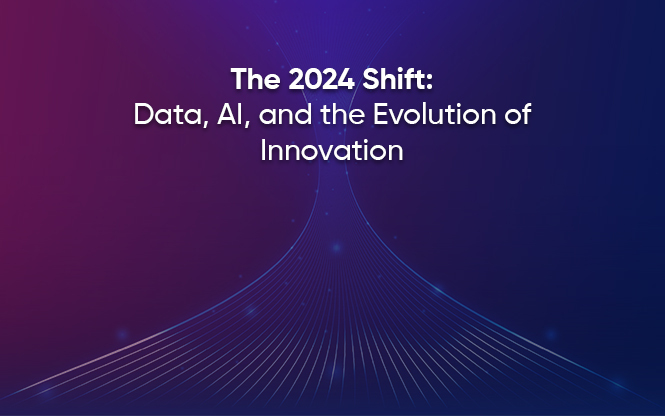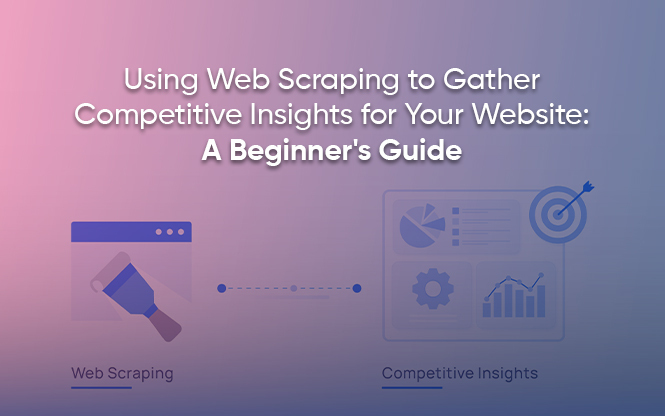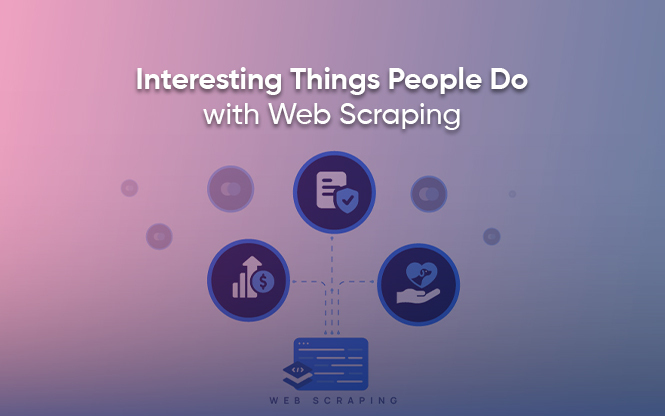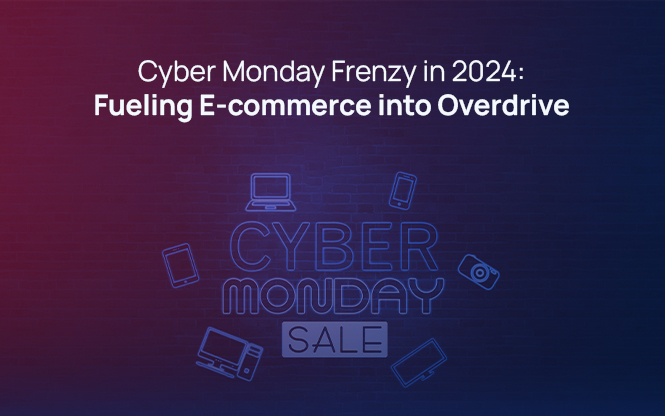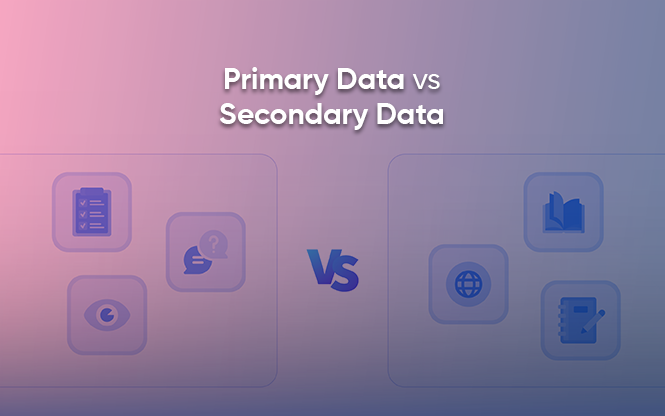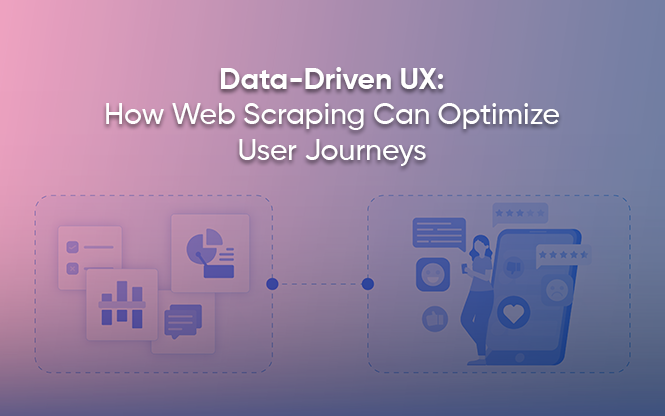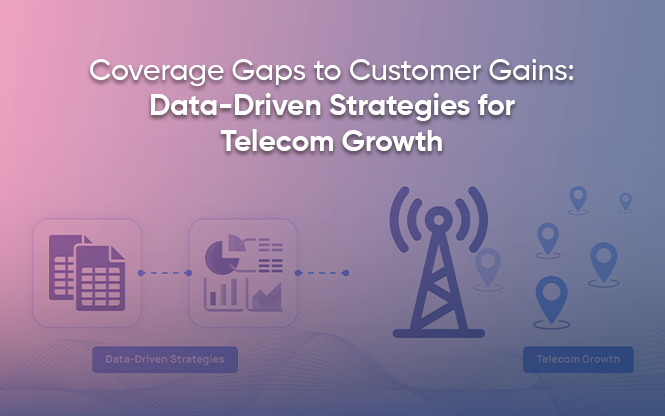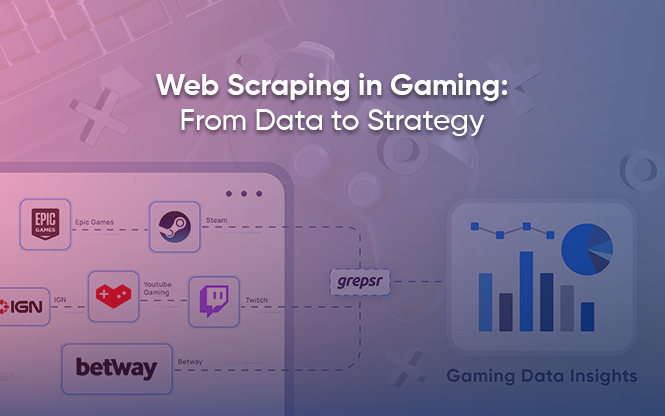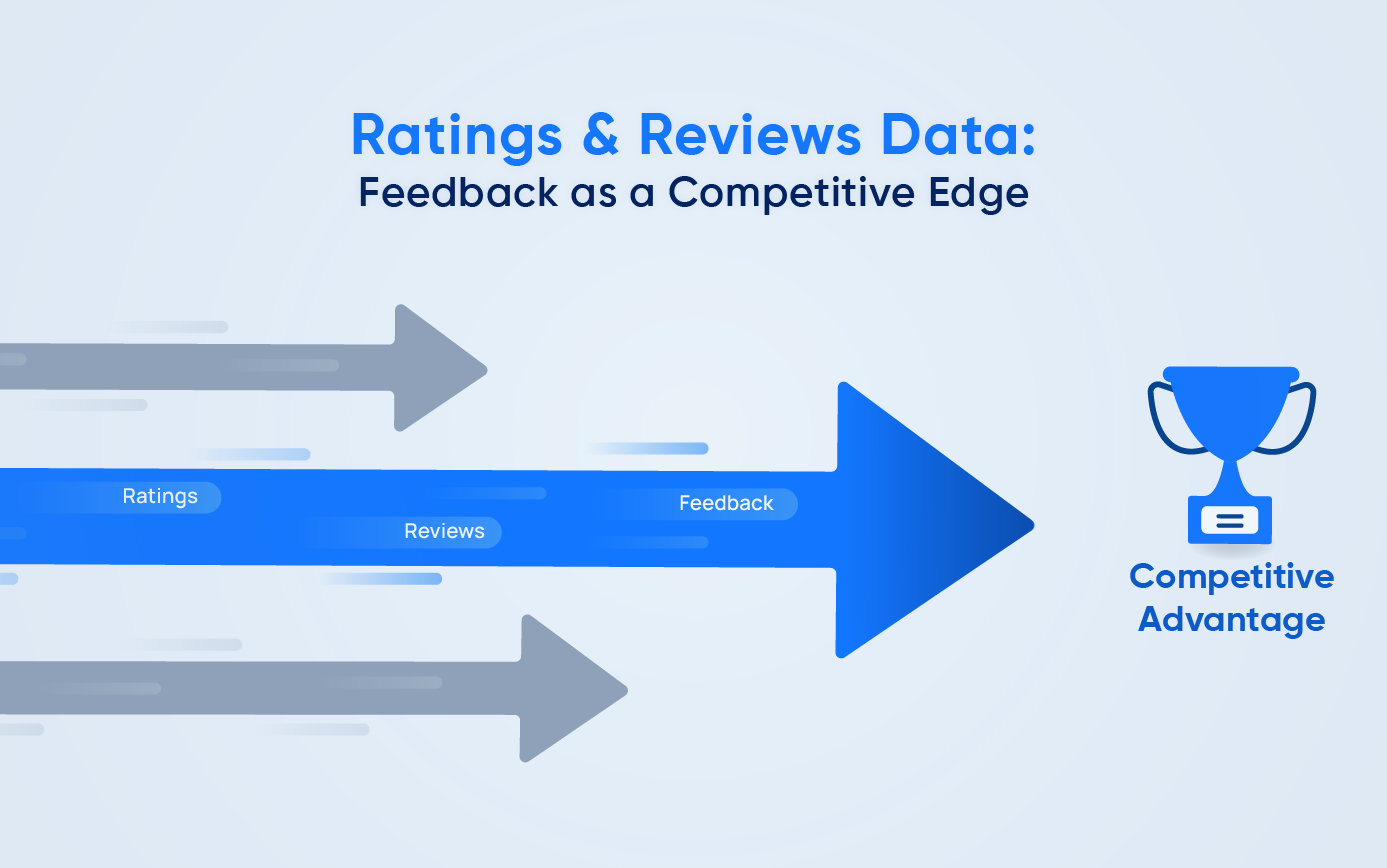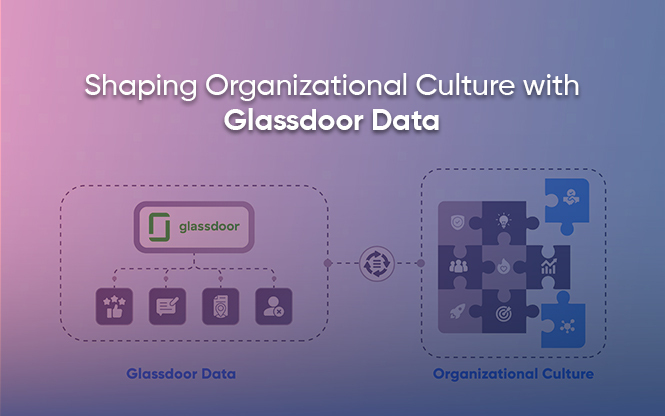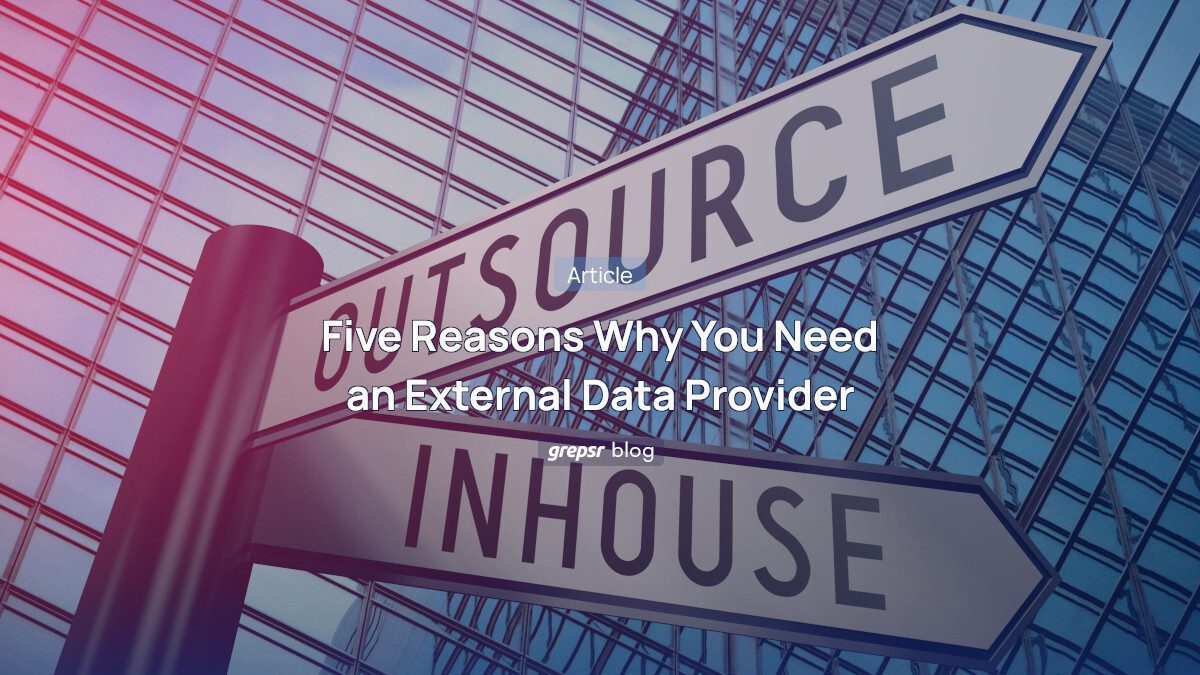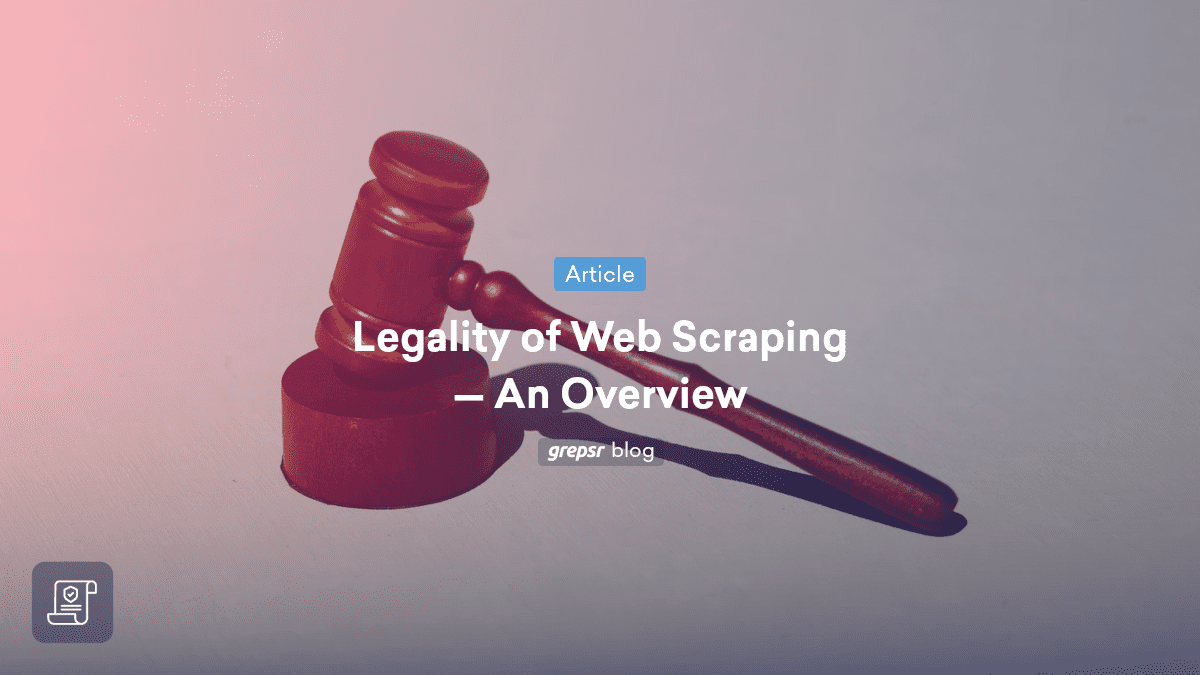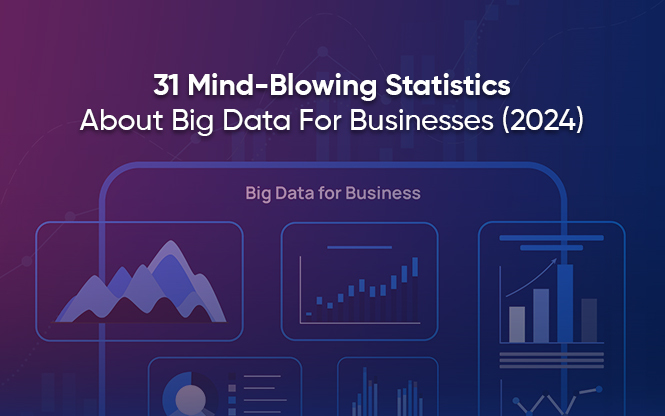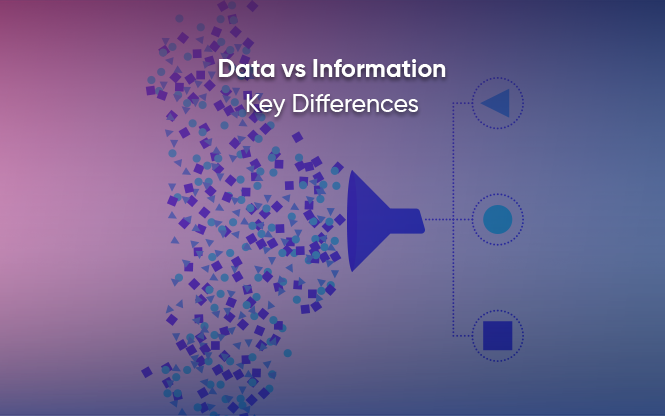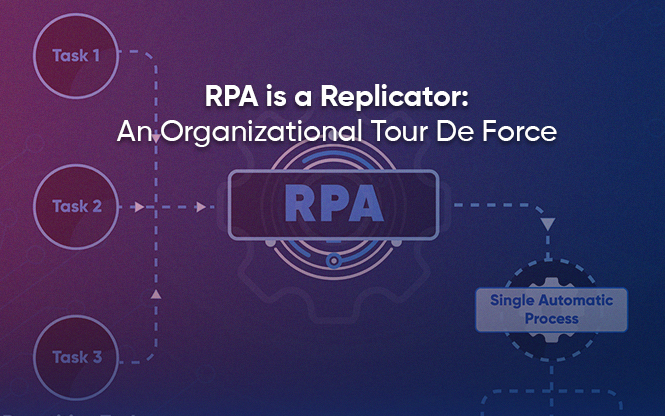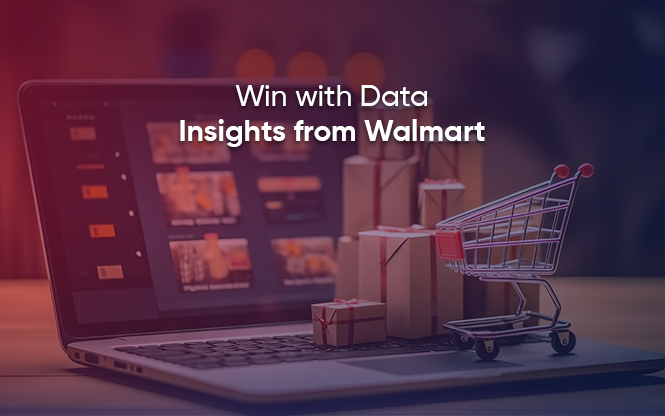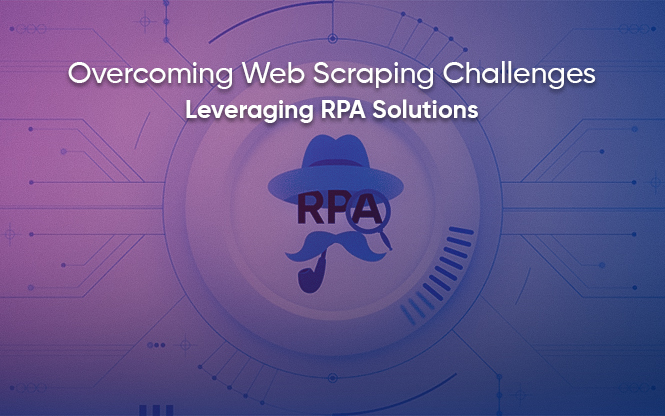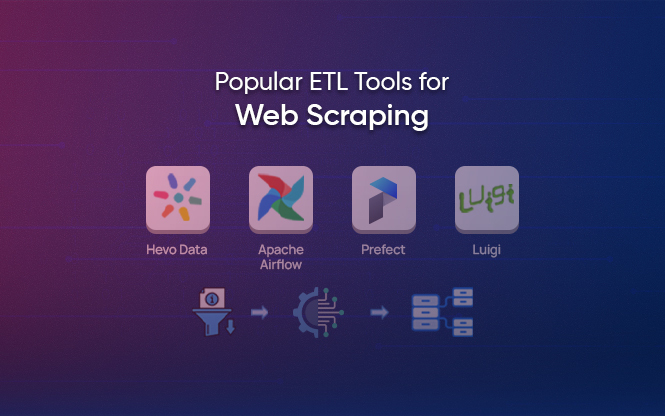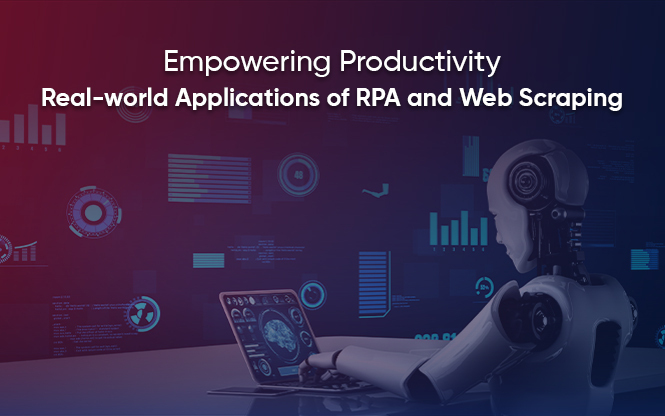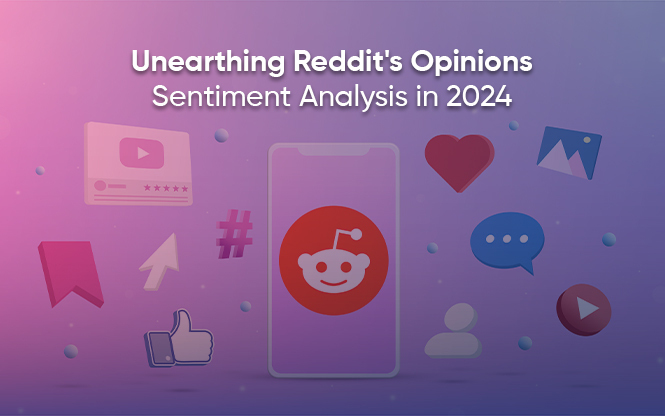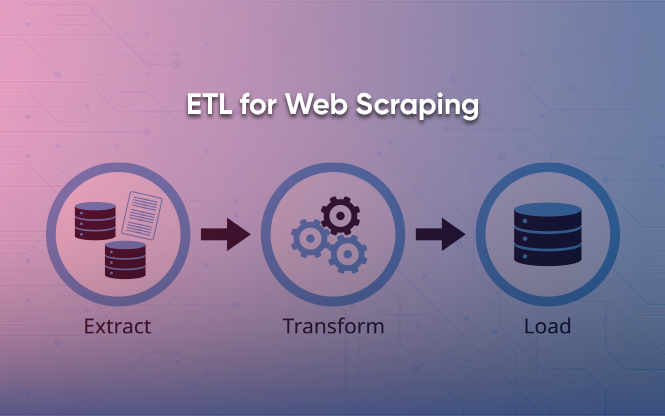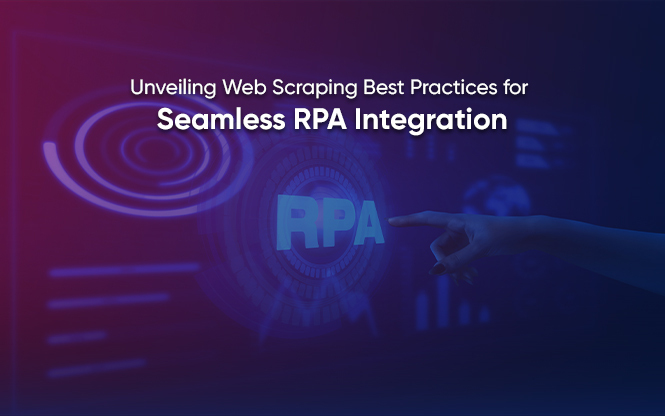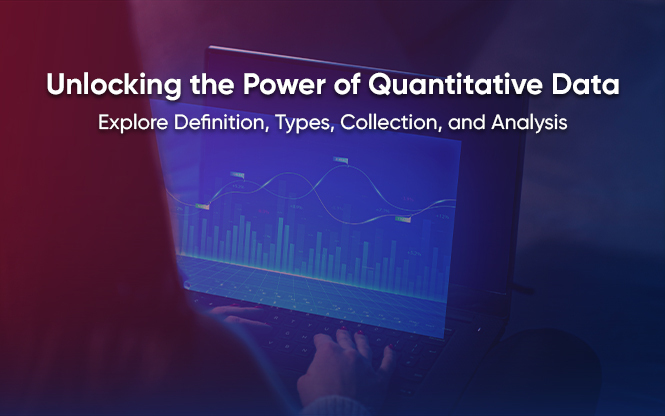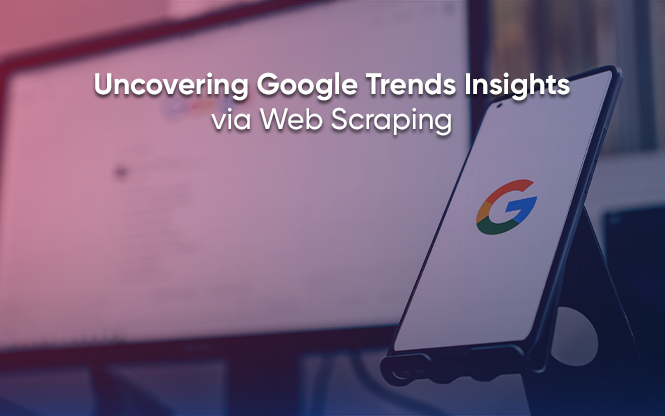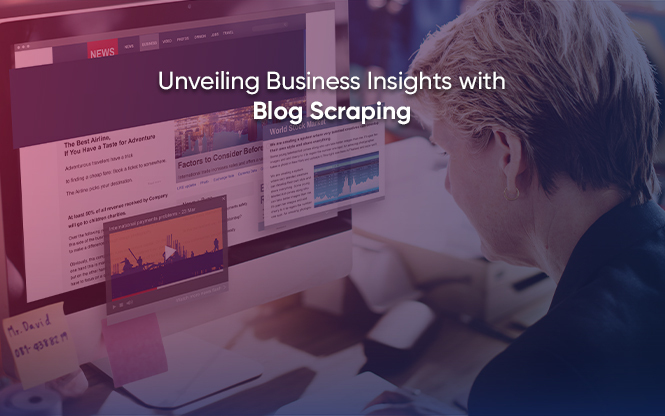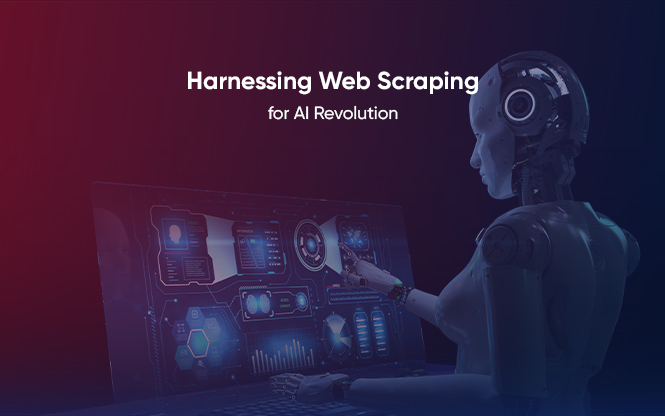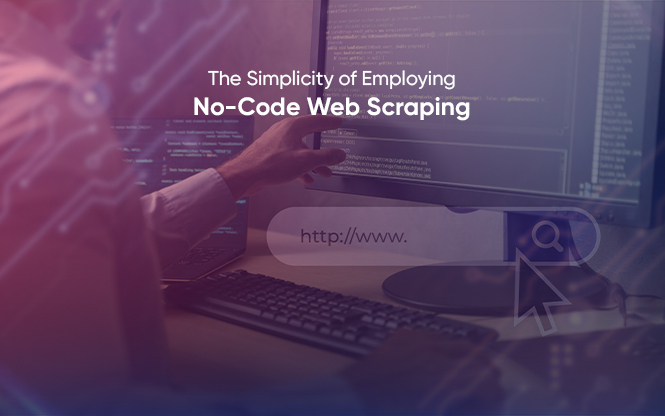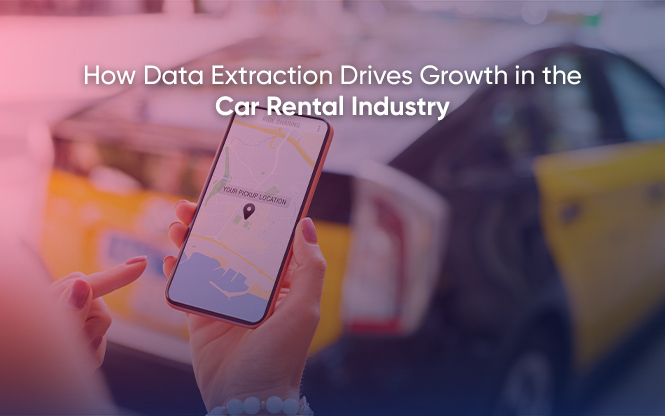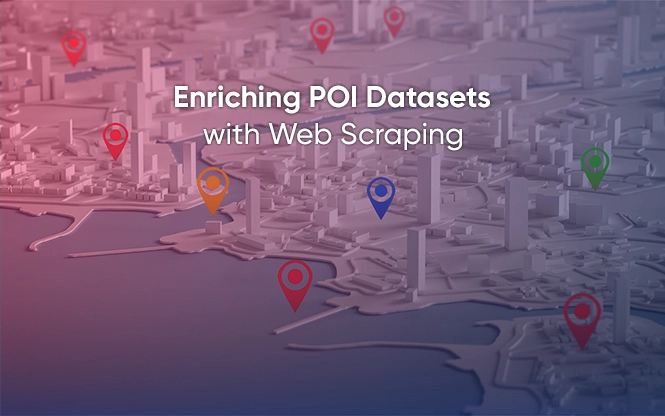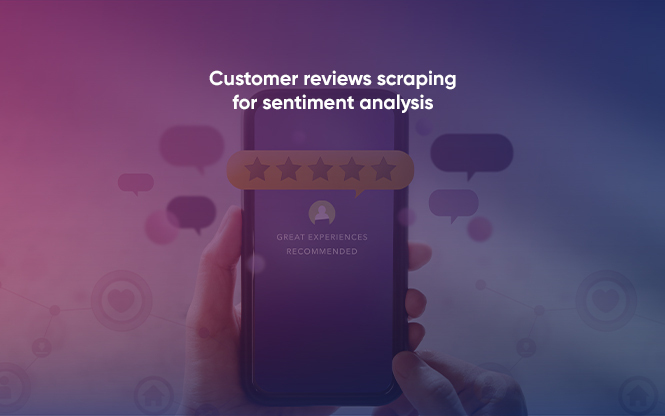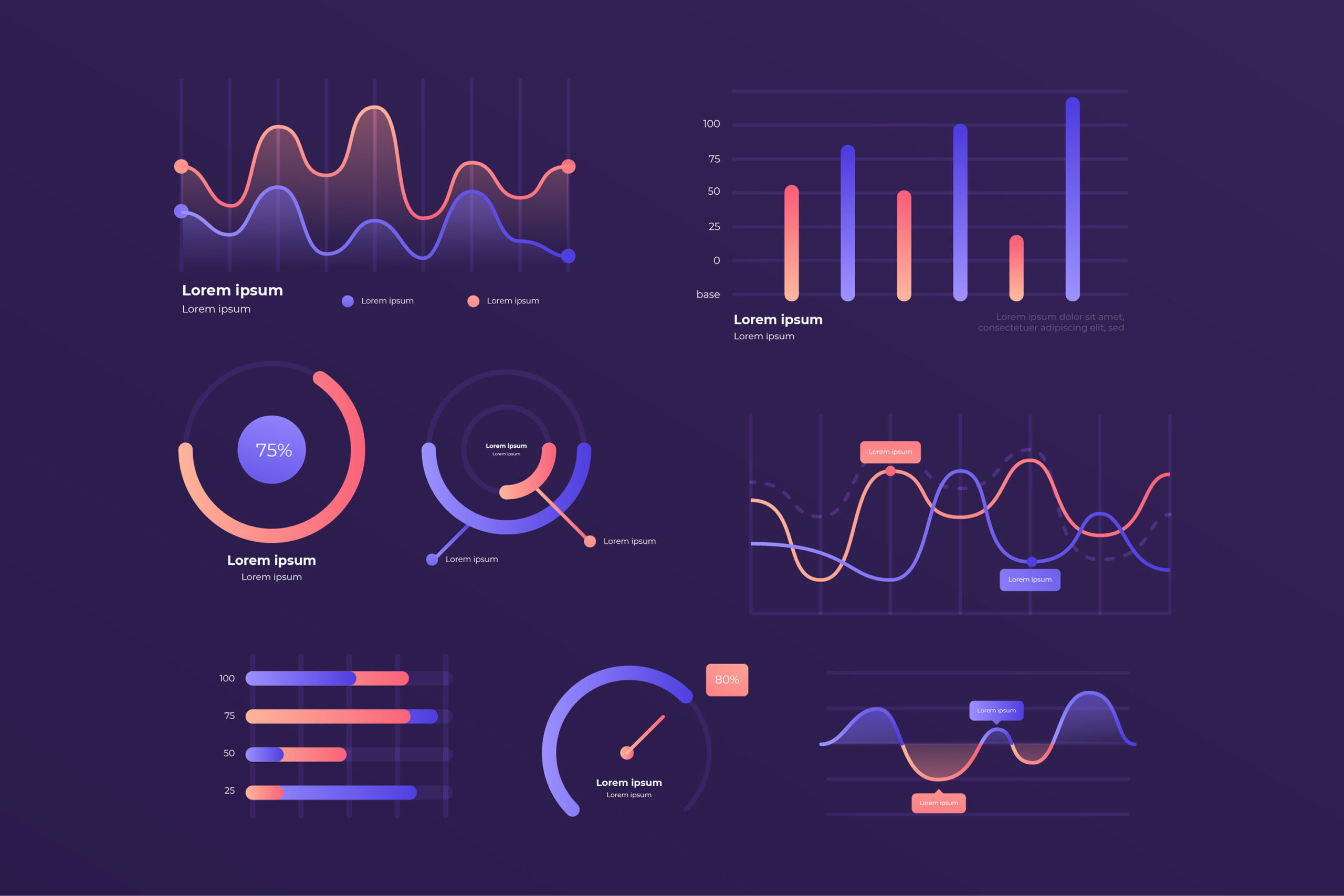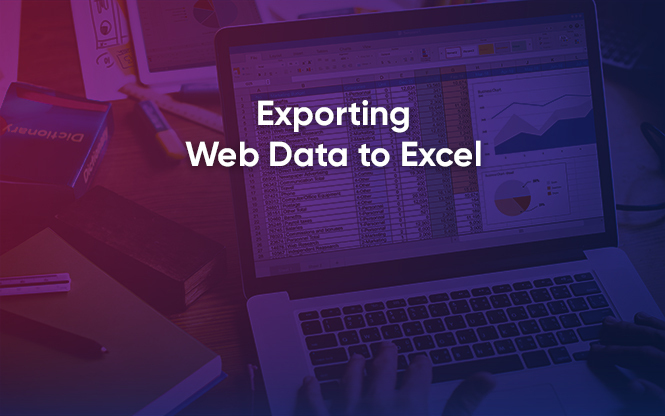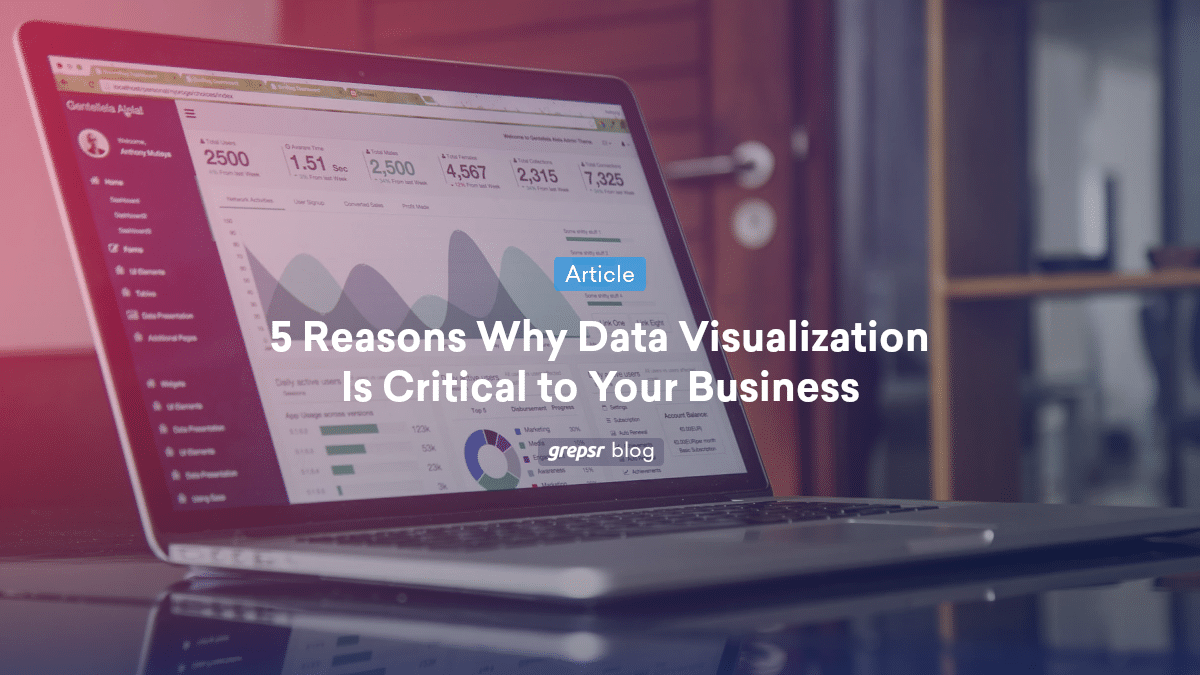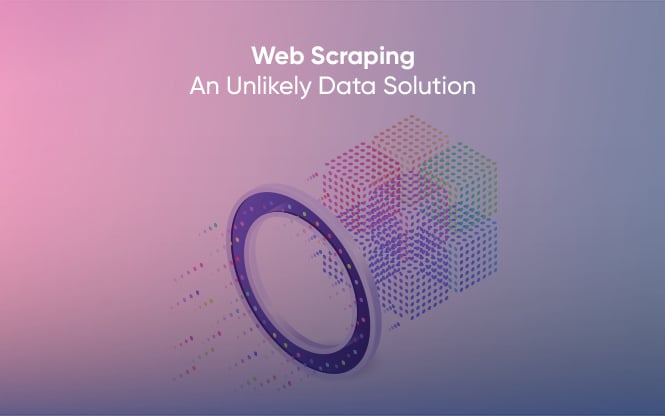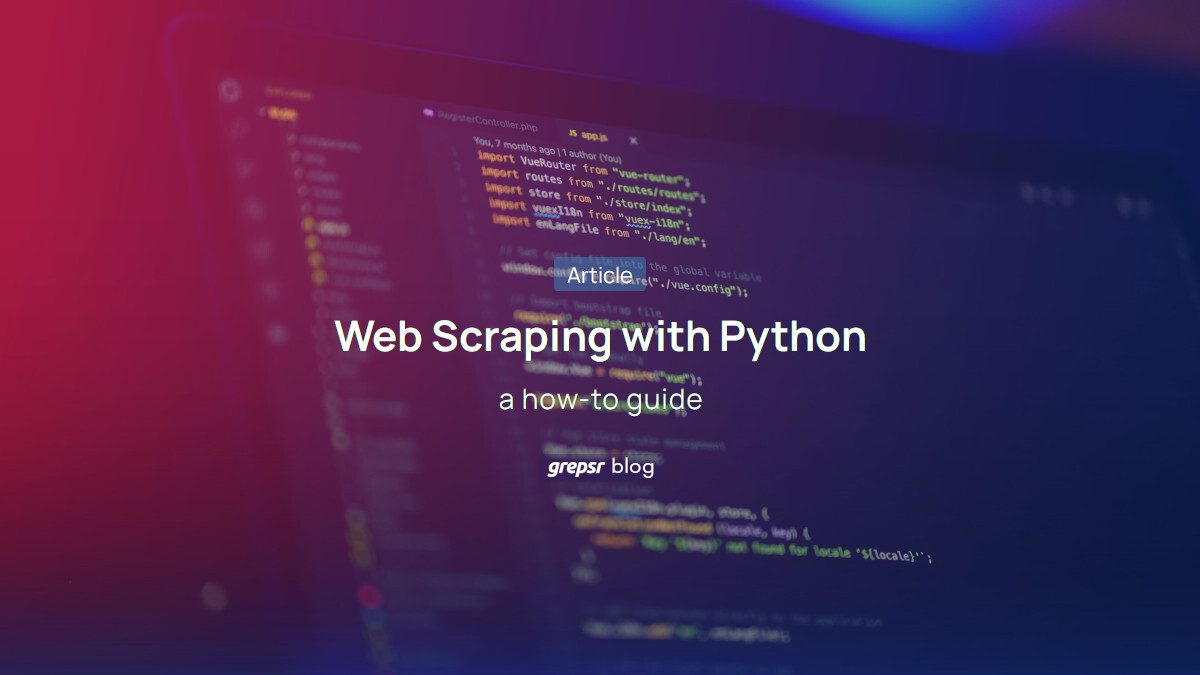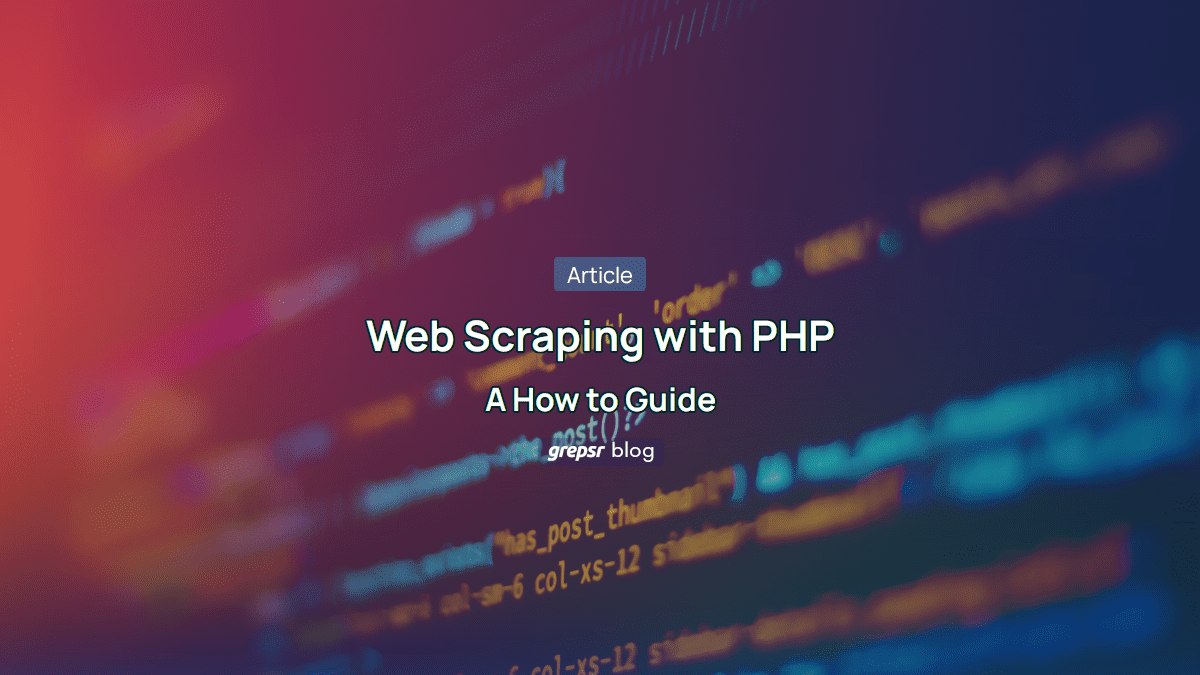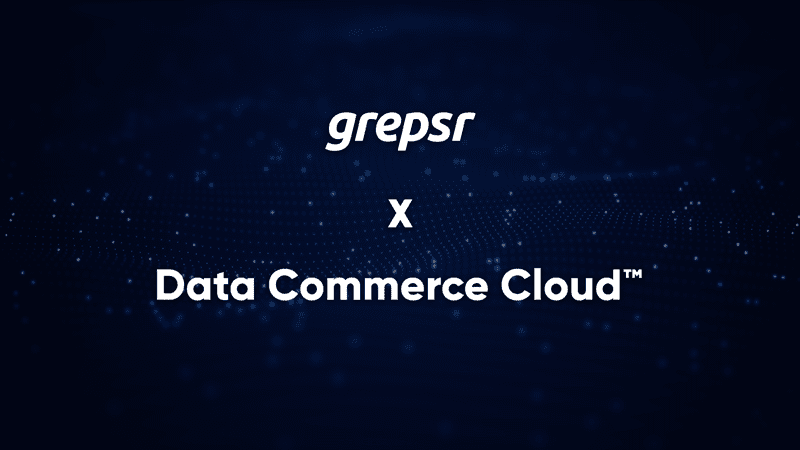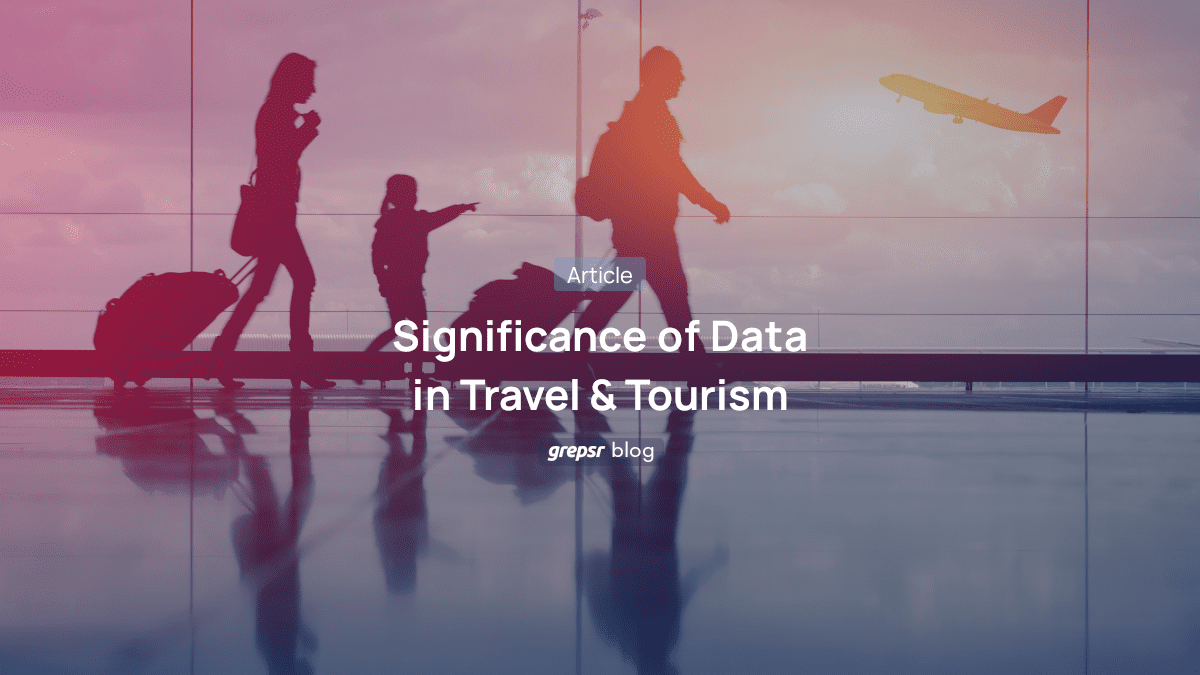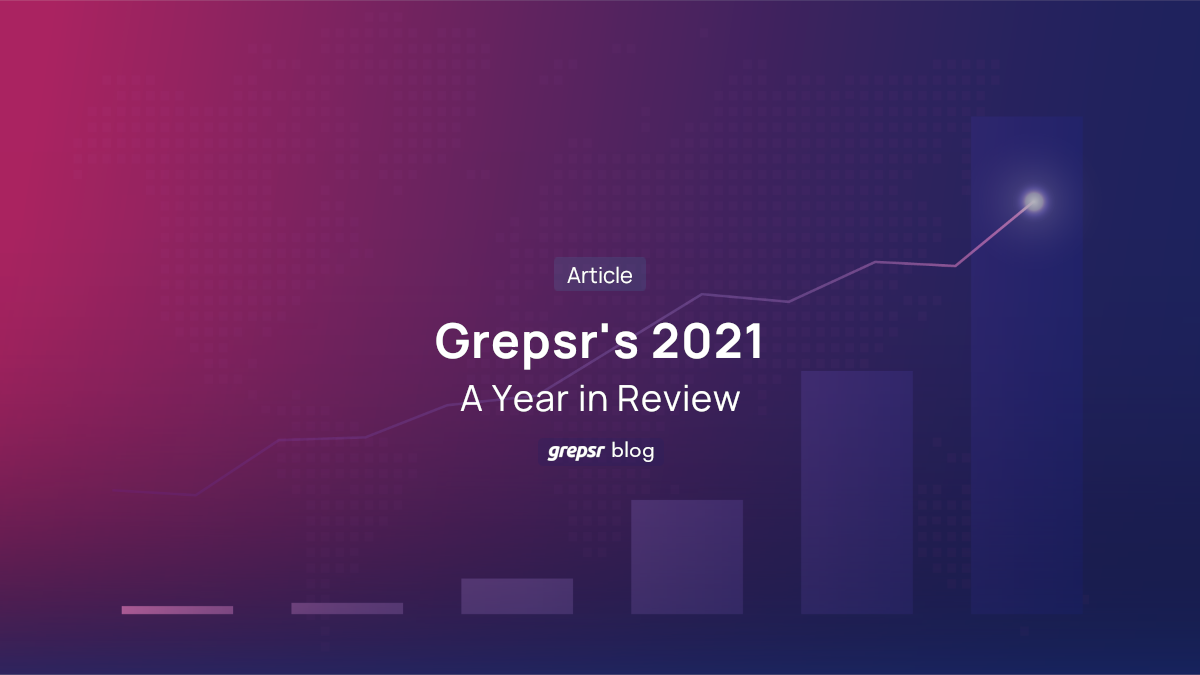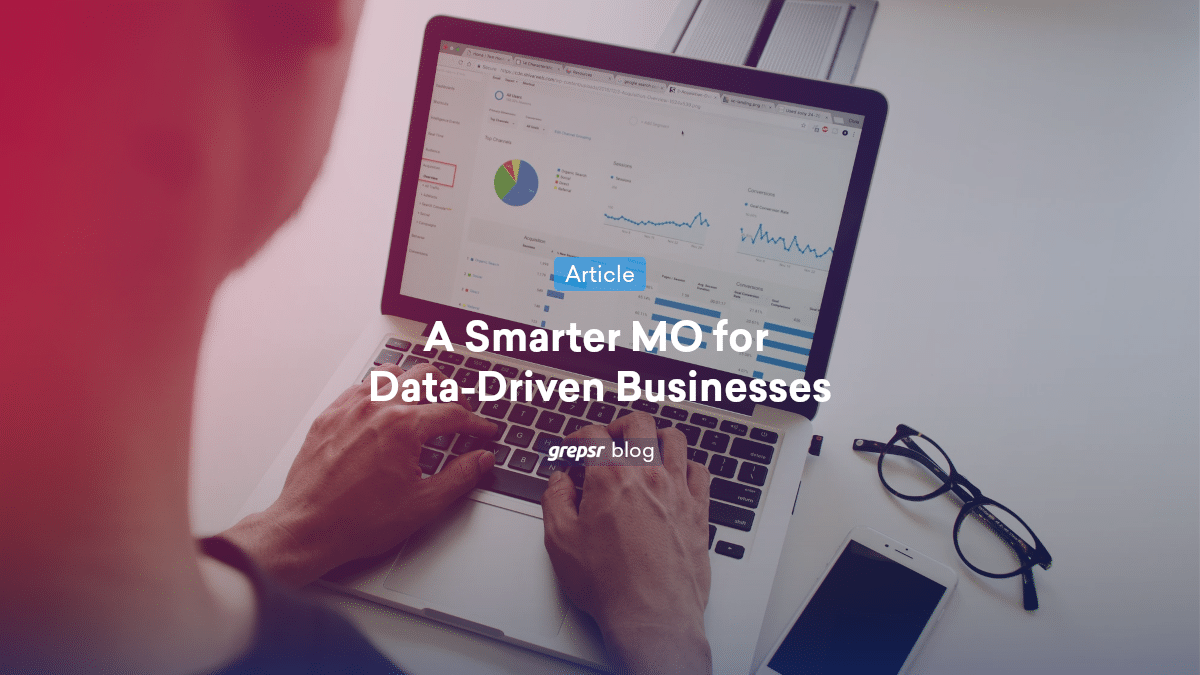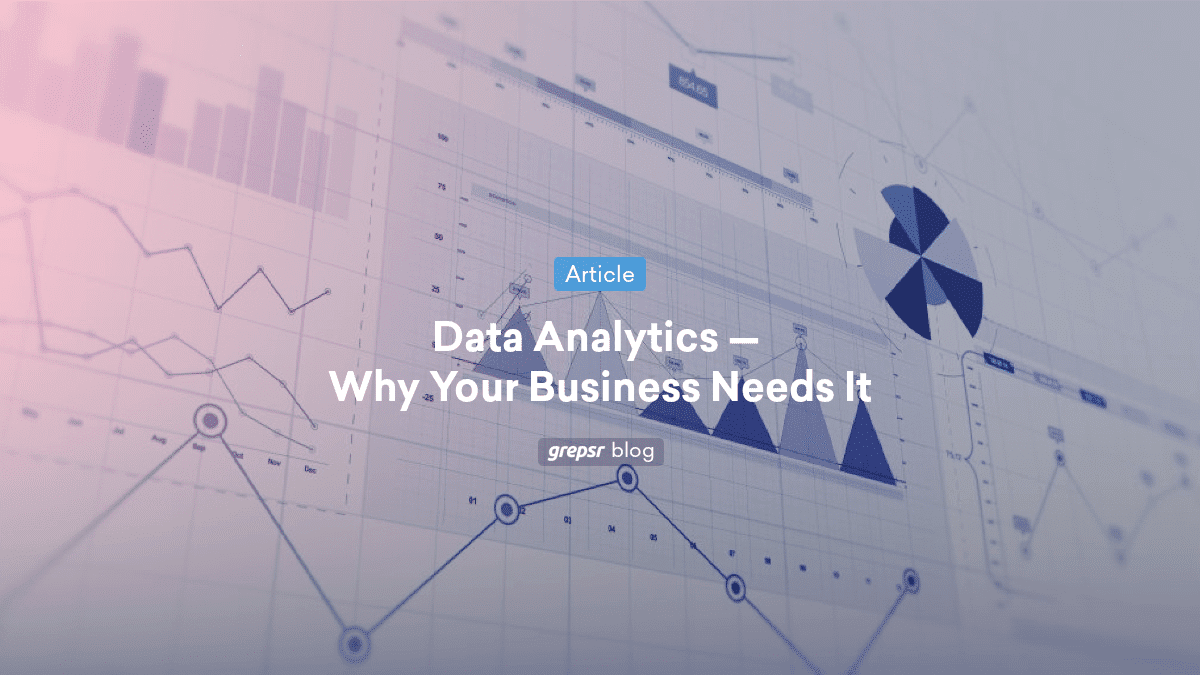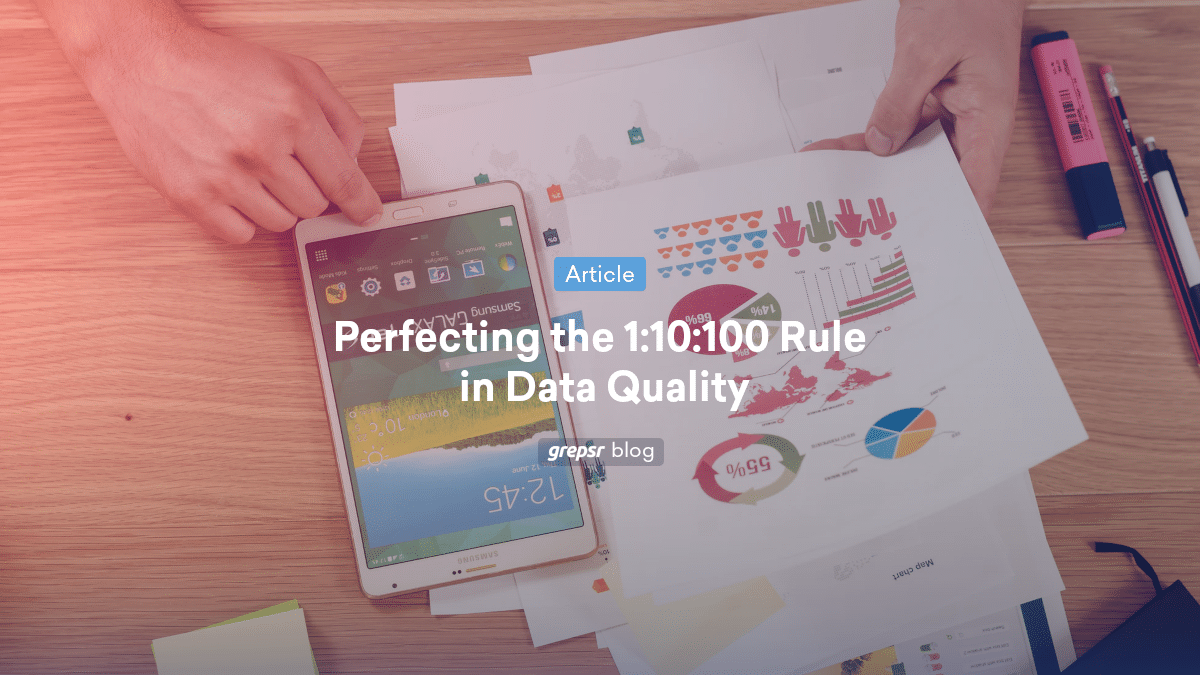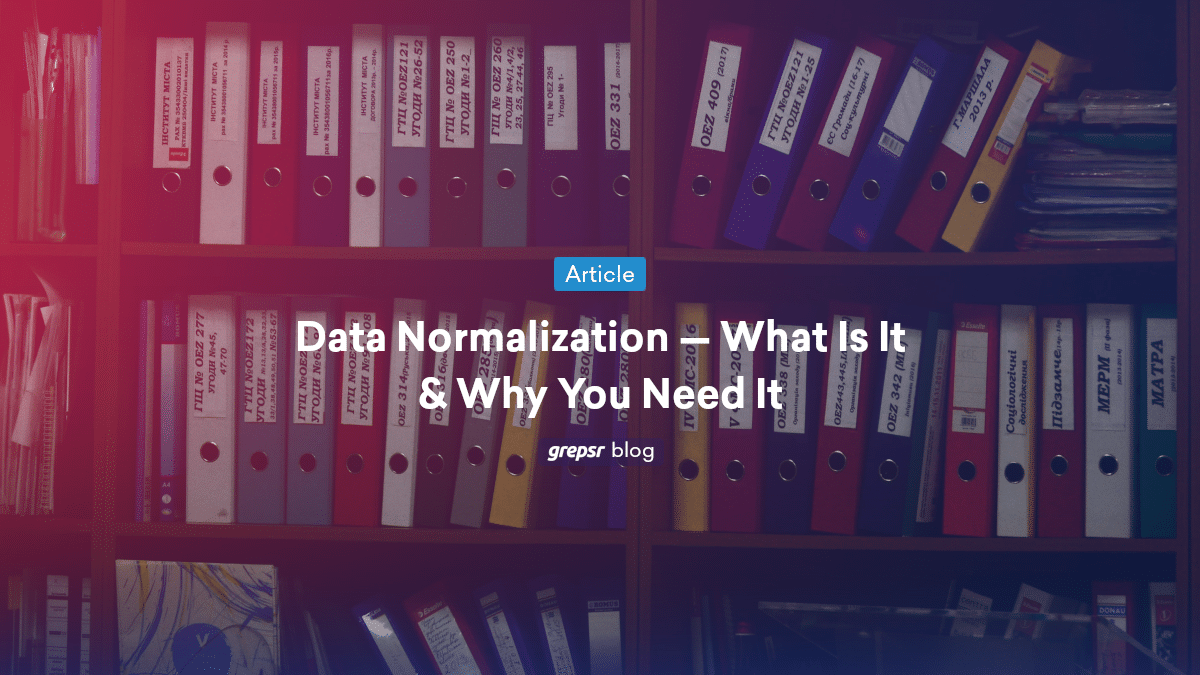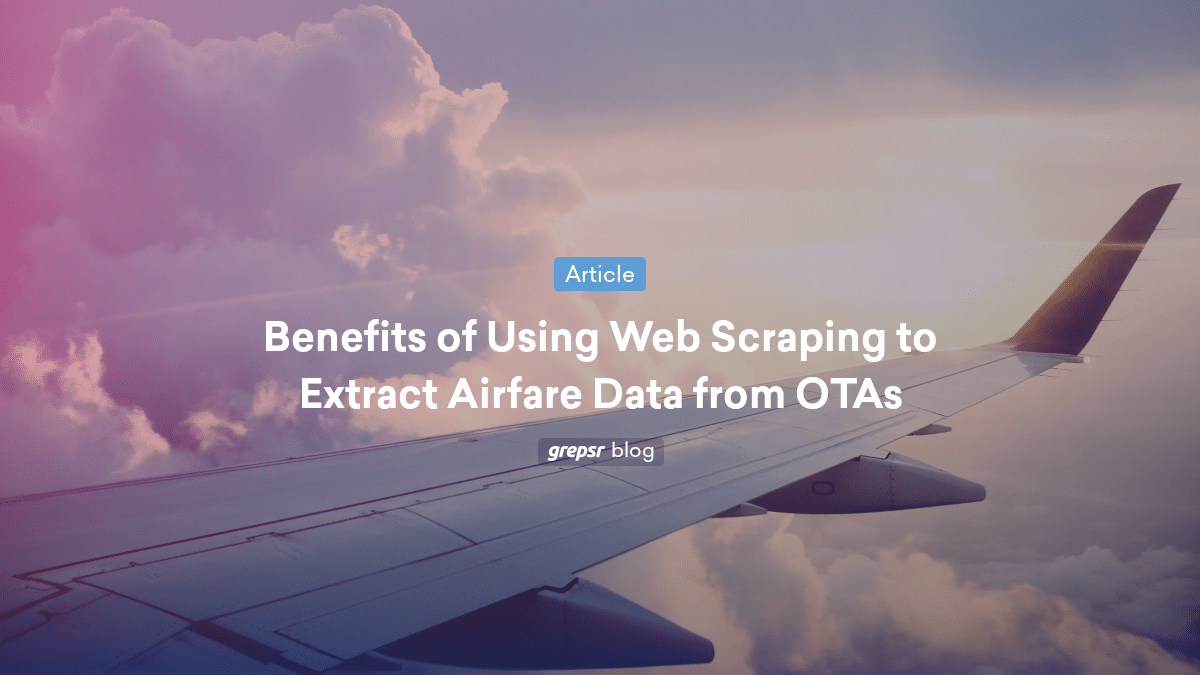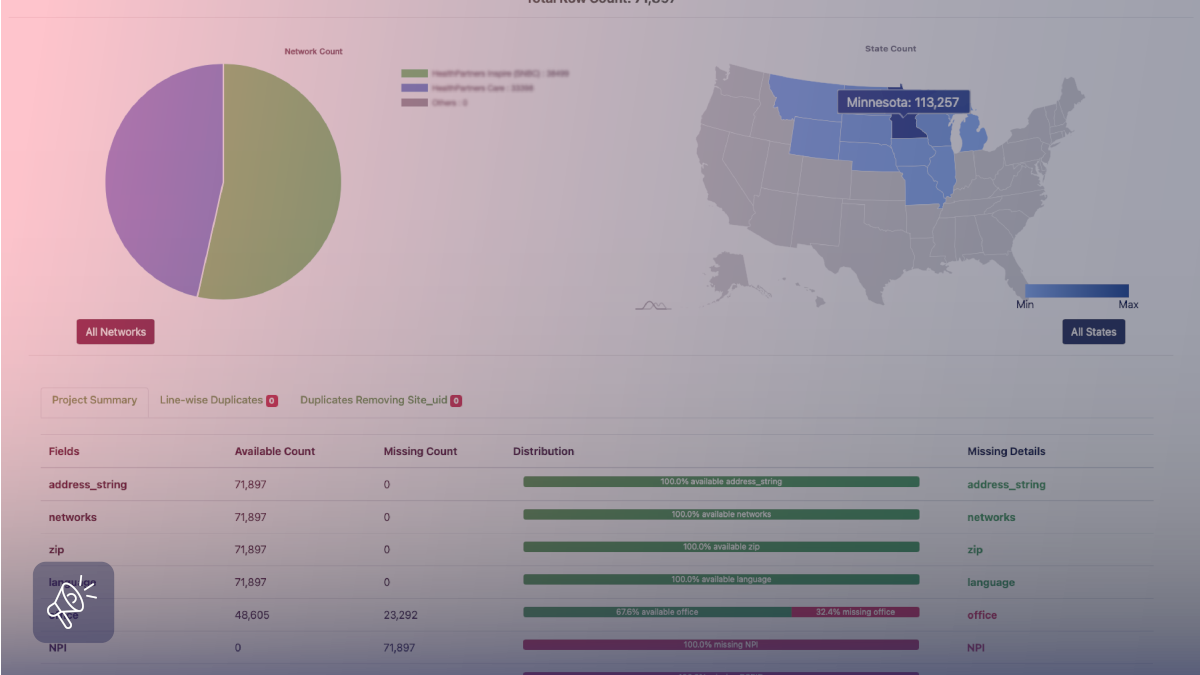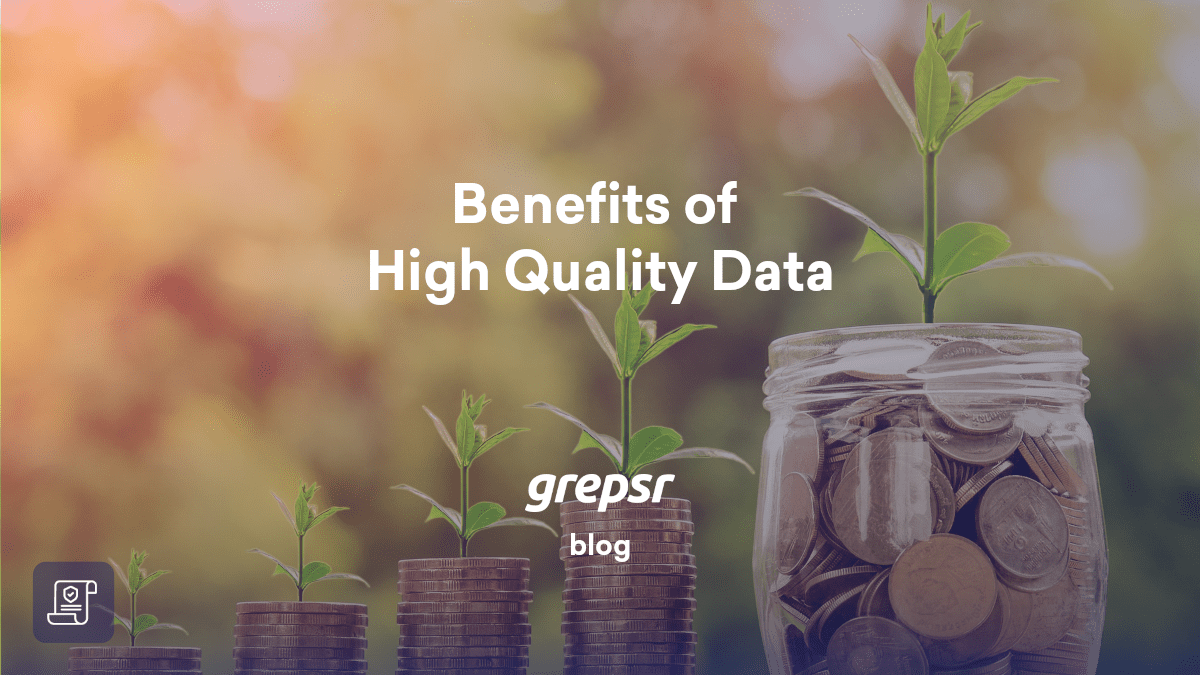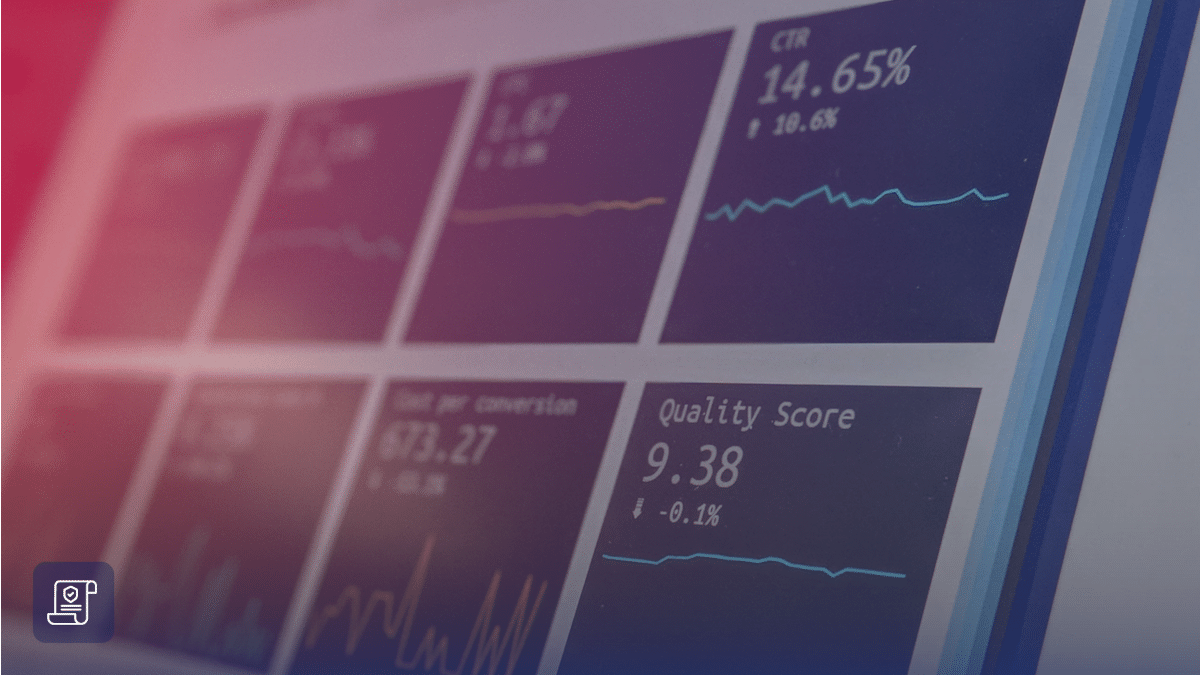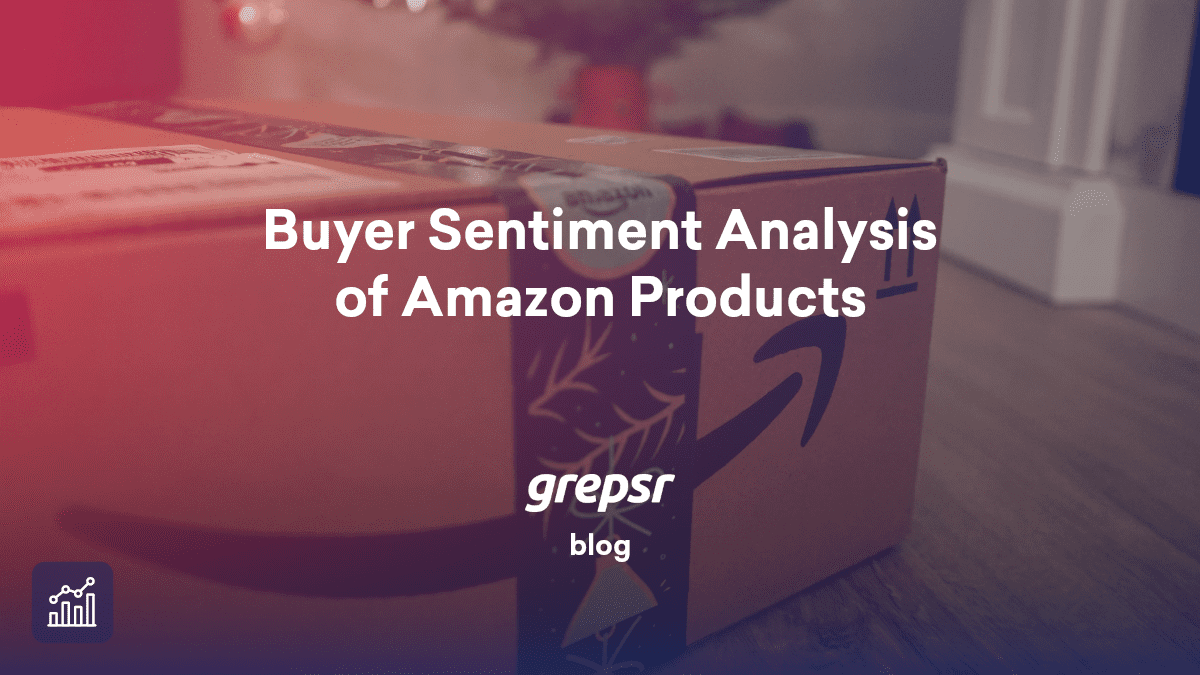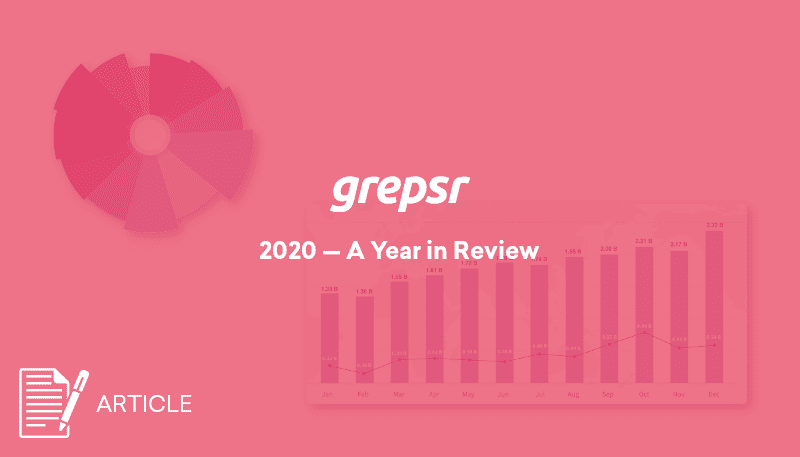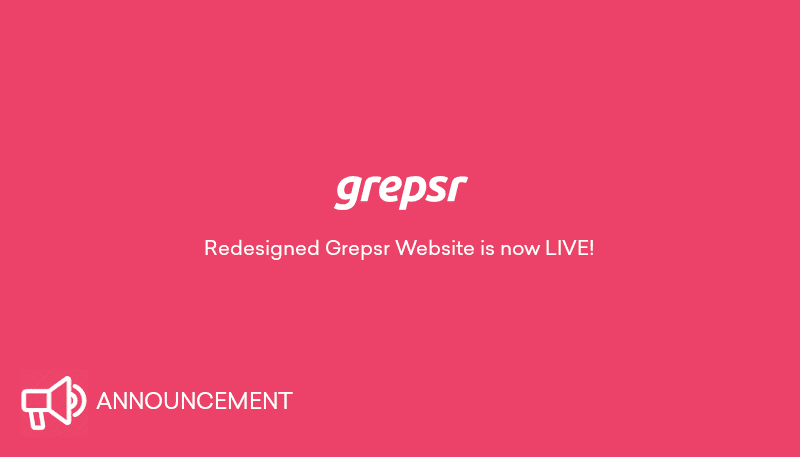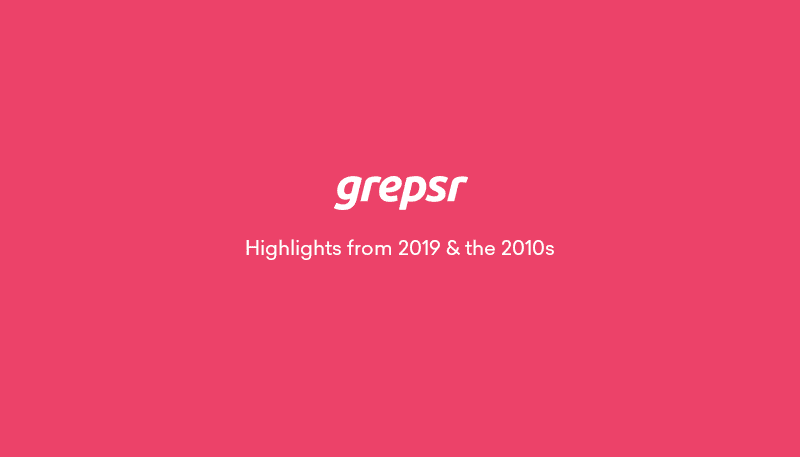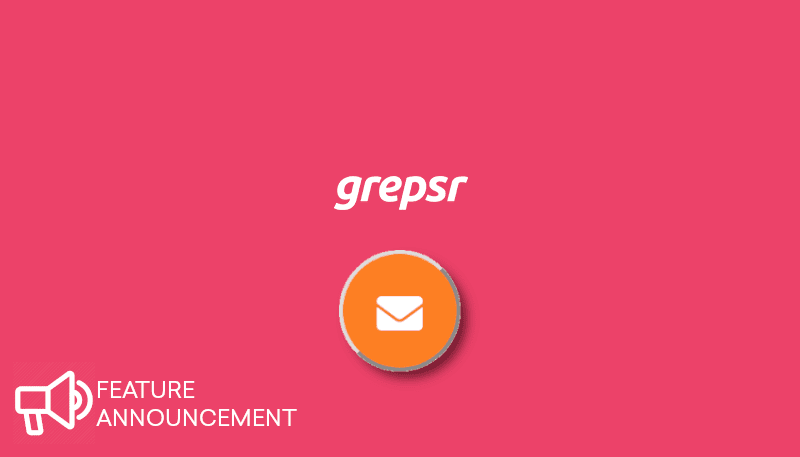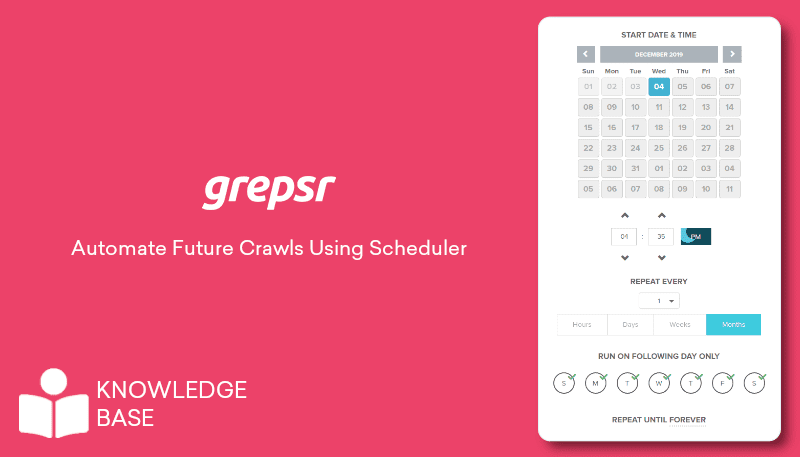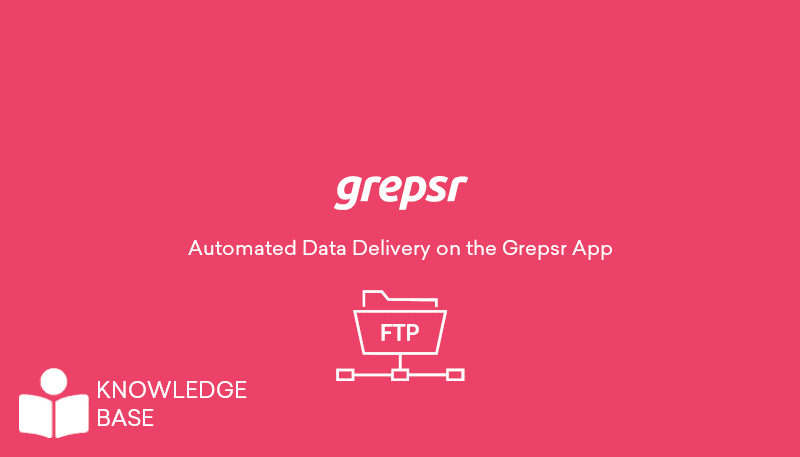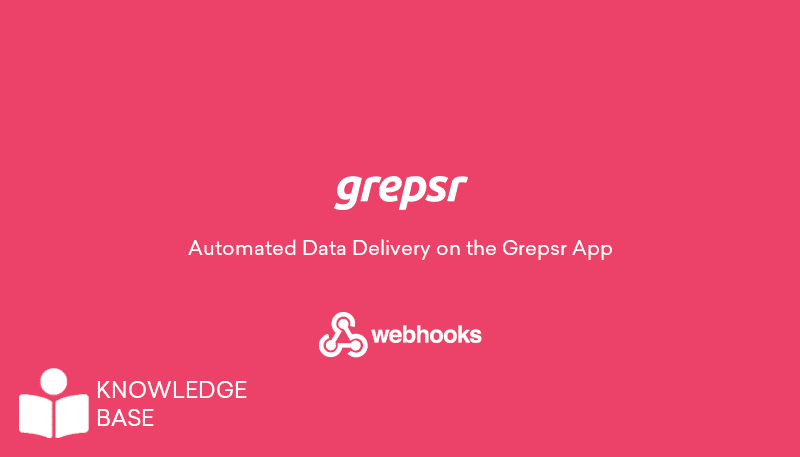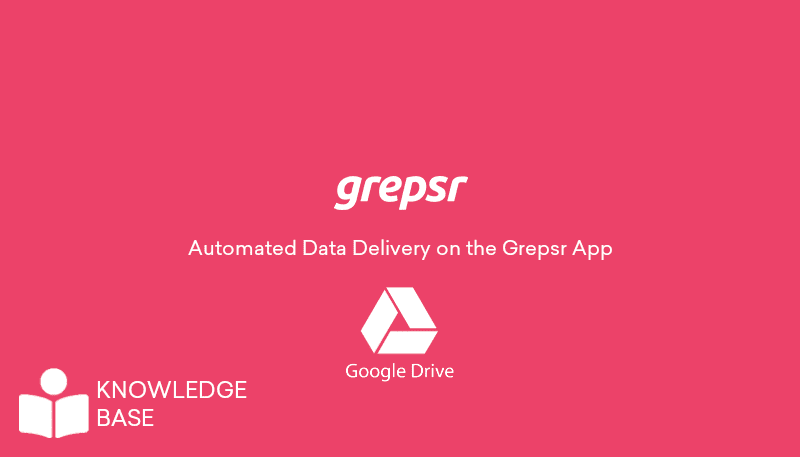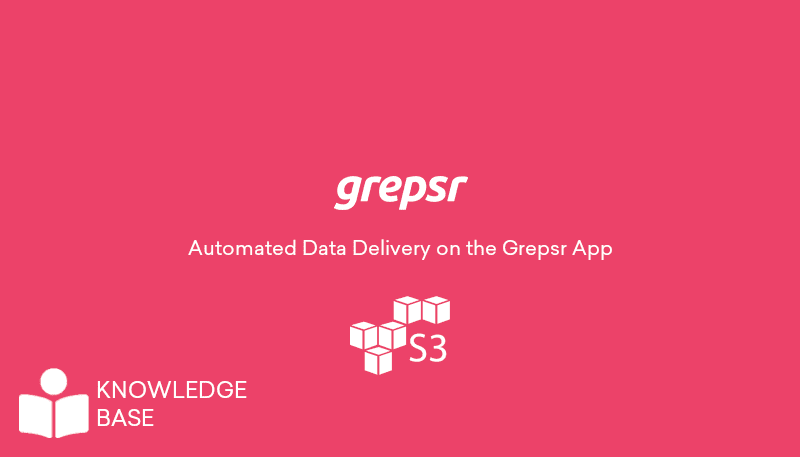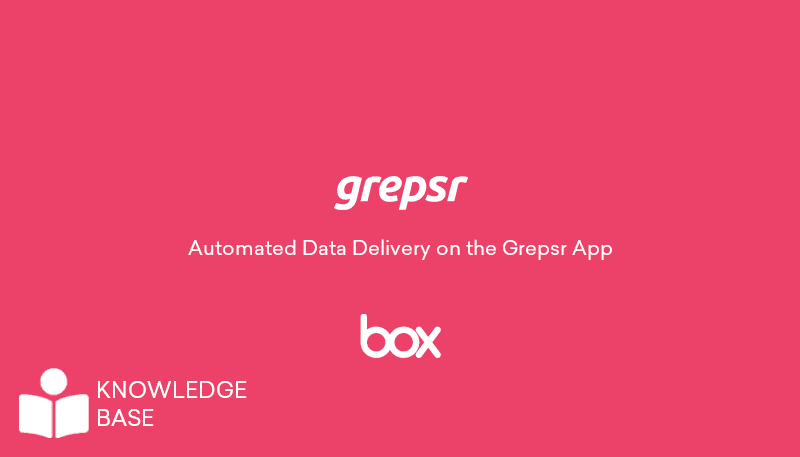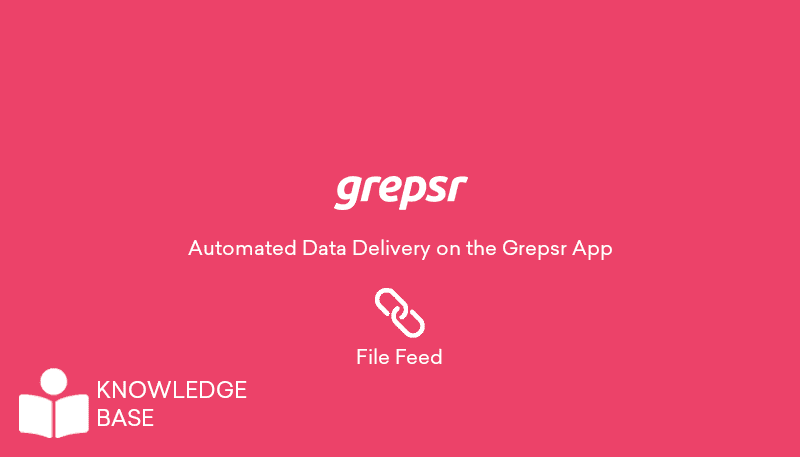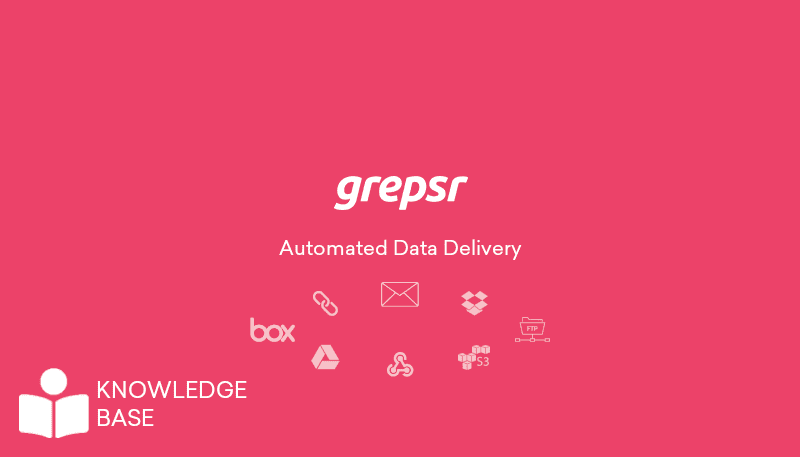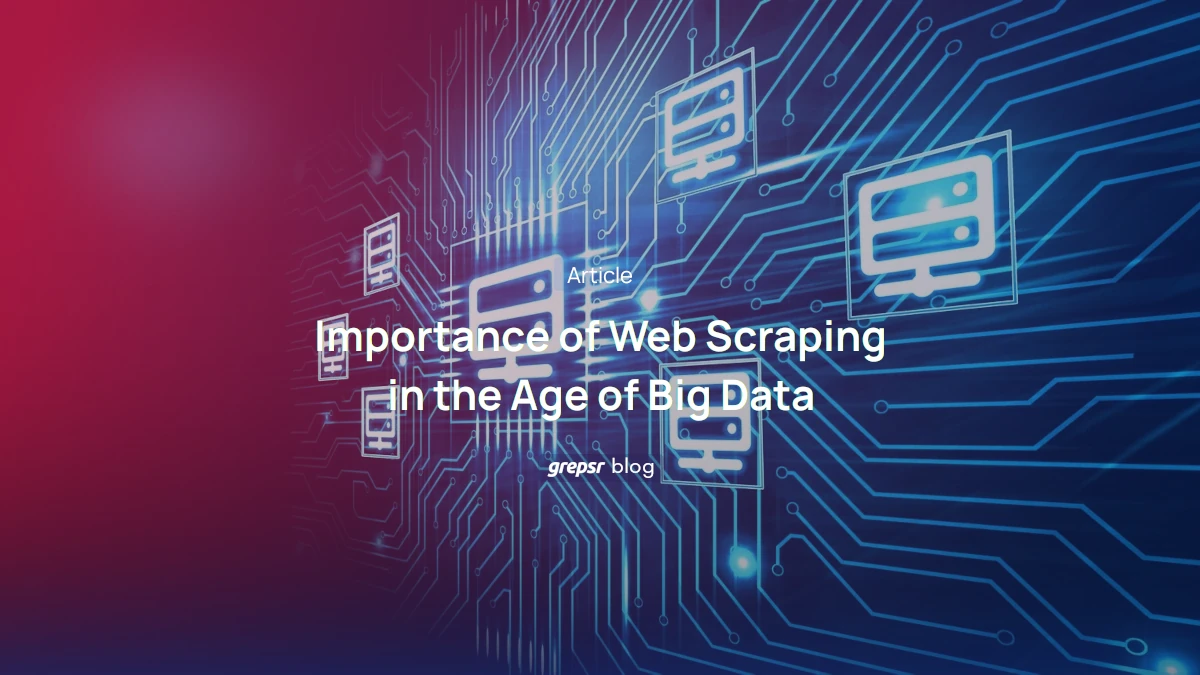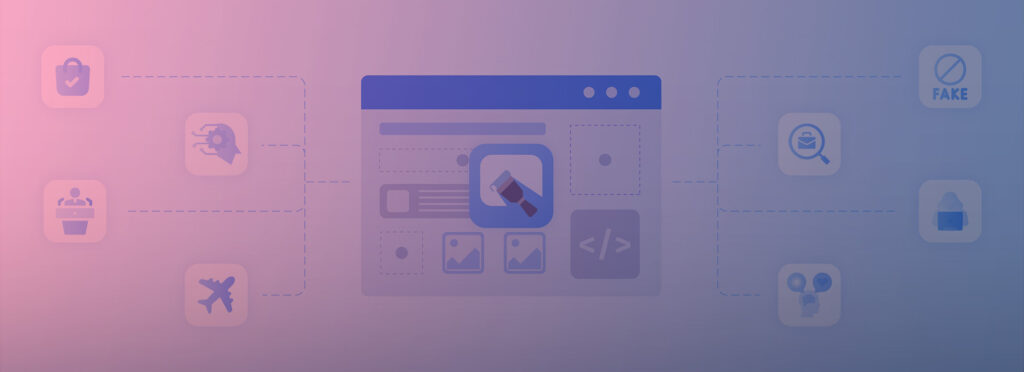
It’s 2025.
Web scraping isn’t just limited to collecting pricing or stock market data.
In fact, people now use web scraping for everything from AI training to working on political strategy.
This banger of a comment made 9 years ago answers the question, ‘why scrape the web?’ (It’s surprising how it’s still so relevant).
Via Reddit
Are you curious to know what the web scraping use cases in 2025? We’ve compiled a list.
And if you’ve found a new reason to scrape the web by the end of this article, count on Grepsr to get you the data.
Simply and hassle-free.
The Hottest Web Scraping Use Cases in 2025
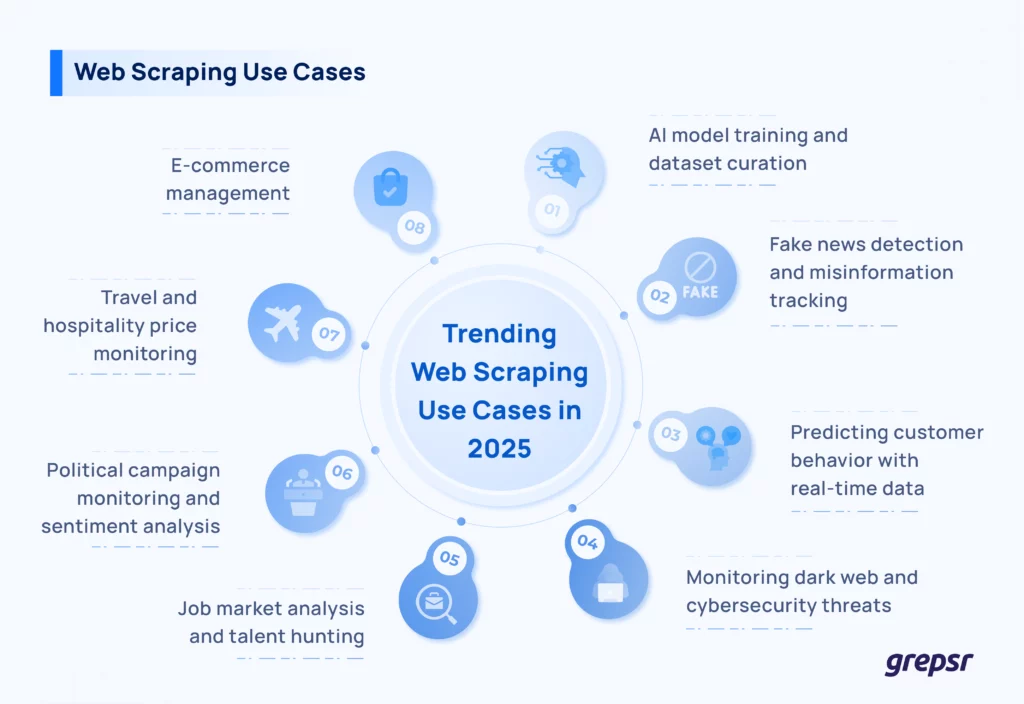
It’s clear that whoever has high-quality data wins. But what do they win at exactly?
Let’s see why the web will be scraped in 2025 and beyond.
1. AI model training and dataset curation
AI systems, especially those that work with natural language and computer vision, require absurd amounts of data.
And with AI’s popularity soaring in recent years, AI model training becomes one of the hottest web scraping use cases in 2025.
OpenAI reportedly trained GPT-4 on 13 trillion tokens, and Google’s DeepMind uses massive datasets that make your laptop’s storage look laughable.
AI models thrive on large, accurate datasets. The bigger your data pool is, the smarter your model will be.
You need data if you’re building an AI model, building NLP chatbots, or even training a local LLM. Although you could hook your model with an open source dataset, it’s not an option if you’re not building a basic text-based model.
2. Fake news detection and misinformation tracking
Fake news spreads faster than a Kardashian scandal. And with AI-generated deep fakes and misinformation campaigns running wild, web scraping has found a big role in the fight against digital deception.
Remember when people were claiming that 5G towers caused COVID-19? That was wild.
During the pandemic, fact-checking organizations like Snopes and Full Fact relied on web scraping to track and debunk misinformation spreading across Twitter, Facebook, and fringe news sites.
Researchers continue to flag misleading or outright false content by continuously scraping news sites, social media, and forums. AI-powered tools can then cross-check facts, spot manipulated images, and even trace the origins of fake news.
3. Predicting customer behavior with real-time data
Trends move fast, and brands that can spot them early have a trump card. Web scraping, again, rules here.
Take fashion, for example: after the 2023 Barbie movie, pink clothing sales soared. But before major retailers caught on, brands that scraped Instagram, TikTok, and fashion blogs were already stocking up on Barbiecore styles.
Smart brands who track hashtags, influencer posts, and product mentions see trends forming from the beginning, allowing them to act before the competition.
Some brands even adjust production schedules based on seasonal data collected from web scraping.
4. Monitoring dark web and cybersecurity threats
Hackers don’t send out press releases, but their stolen data and exploits often show up on the dark web.
Cybersecurity firms like IBM Security X-Force use web scraping to track forums, pastebins, and underground marketplaces where data breaches, leaked credentials, and hacking tools are discussed.
In 2022, hackers stole 20 GB of Marriott customer data, including credit card details and internal business documents. Cybersecurity firms monitoring the dark web spotted Marriott’s stolen data before the company acknowledged the breach.
Thus, scraping is helping businesses proactively detect if their company’s sensitive data (emails, passwords, intellectual property) has been compromised.
5. Job market analysis and talent hunting
Companies are always looking for top talent, and web scraping has become the default strategy for staying ahead. How? Scan enough job postings, career pages, and even employee updates, and you’ll start to spot hiring trends, see which skills are in demand, and get a sense of where the job market is heading.
Let’s say your competitor suddenly starts hiring a ton of AI researchers or cybersecurity experts—that’s a pretty strong hint they’re working on something big. Scraping this kind of data helps companies adjust their hiring strategies, stay competitive with salaries, and even predict where the industry is moving next.
Recruiters and HR teams also use web scraping to track workforce shifts and find the best candidates faster. Because in fast-moving industries, having detailed job market insights is a huge deal.

6. Political campaign monitoring and sentiment analysis
It’s common for scrapers, both independent and agencies, to scrape social media posts, hashtags, and news headlines to track public opinion before or during elections. The recent US Presidential Elections are a case in point.
Political analysts and campaign teams used web scraping to track real-time voter sentiment. They collected data from sites like Twitter, Reddit, and news articles to gauge which issues resonated with voters and where their candidates needed to shift messaging.
Politicians and advocacy groups now rely on scraped data to fine-tune speeches, target ads, and predict voter behavior better than traditional polling ever could. However, the ethics of this practice is debatable.
7. Travel and hospitality price monitoring
This is an evergreen web scraping use case that is just as relevant today as it was five years ago. Most modern airline companies scrape competitor data to adjust prices and promotions constantly.
Aviation agencies and hotel chains scrape competitors’ sites multiple times a day. That’s why you see a $200 increase in your flight fare when you check it after five minutes.
AI analyzes patterns to predict demand spikes (like a major concert or sports event) and traffic density. Many other factors are also at play, like weather, footfall, etc. Prices are then adjusted dynamically, usually to find a perfect medium where neither you’re overpaying nor the business suffers.
8. E-commerce management
We saved the biggest, most common one for last. As you know, e-commerce runs on data—pricing, inventory, customer sentiment, competitor analysis, and everything in between.
Dynamic pricing, for instance, relies completely on web scraping. Retail giants like Amazon change prices millions of times a day based on competitors’ rates, demand spikes, and even your browsing history. Even for smaller retailers, scraping competitors’ prices ensures they don’t get undercut without realizing it.
Product marketing is another area where scraped data rules. Web scraping helps businesses collect detailed product descriptions, specs, and user-generated content to improve their own listings.
This is why two different sellers on Amazon can have identical products, but one outsells the other simply because the listing is better optimized. E-commerce businesses also analyze their competitors to determine bestsellers, discount patterns, and new product launches.
Scrape or Be Scraped
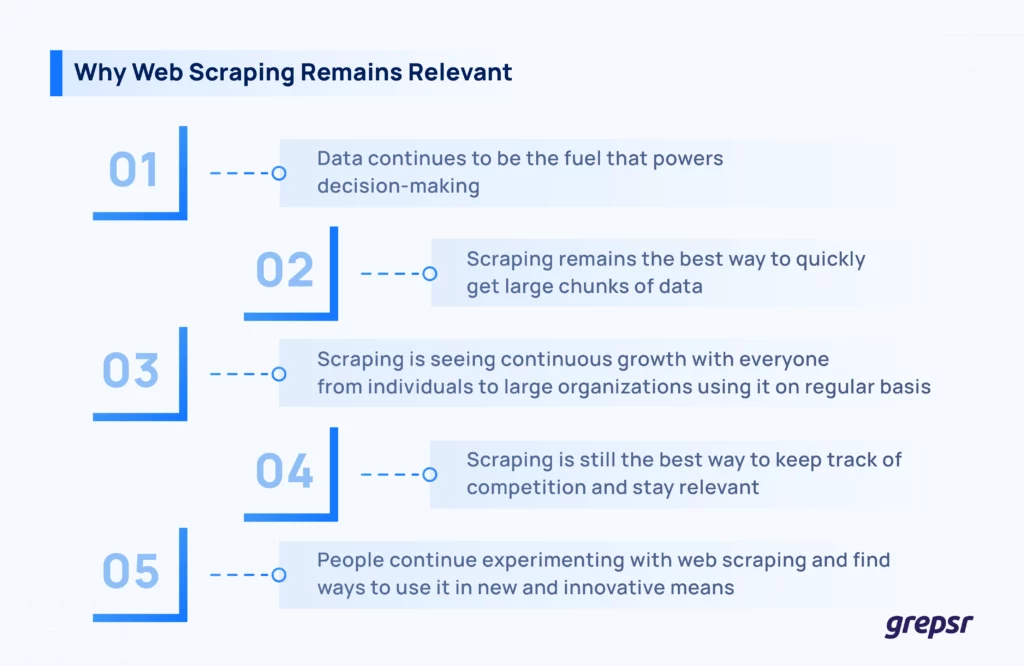
Modern, fast-paced environments need quality data. And quality data needs quality sources. The bottom line is that you’re already behind if you’re not on the web scraping bandwagon.
Now, don’t go searching for data like a lone wolf all over the internet.
Instead, let Grepsr handle all your data needs.
Grepsr scrapes the internet for you, cleans the data, does all the preprocessing, and delivers you high-quality data in easily accessible formats. Basically, months worth of work and headaches delivered straight to you in just days.
Feels too good to be true? Why not see for yourself?

Related reads:
